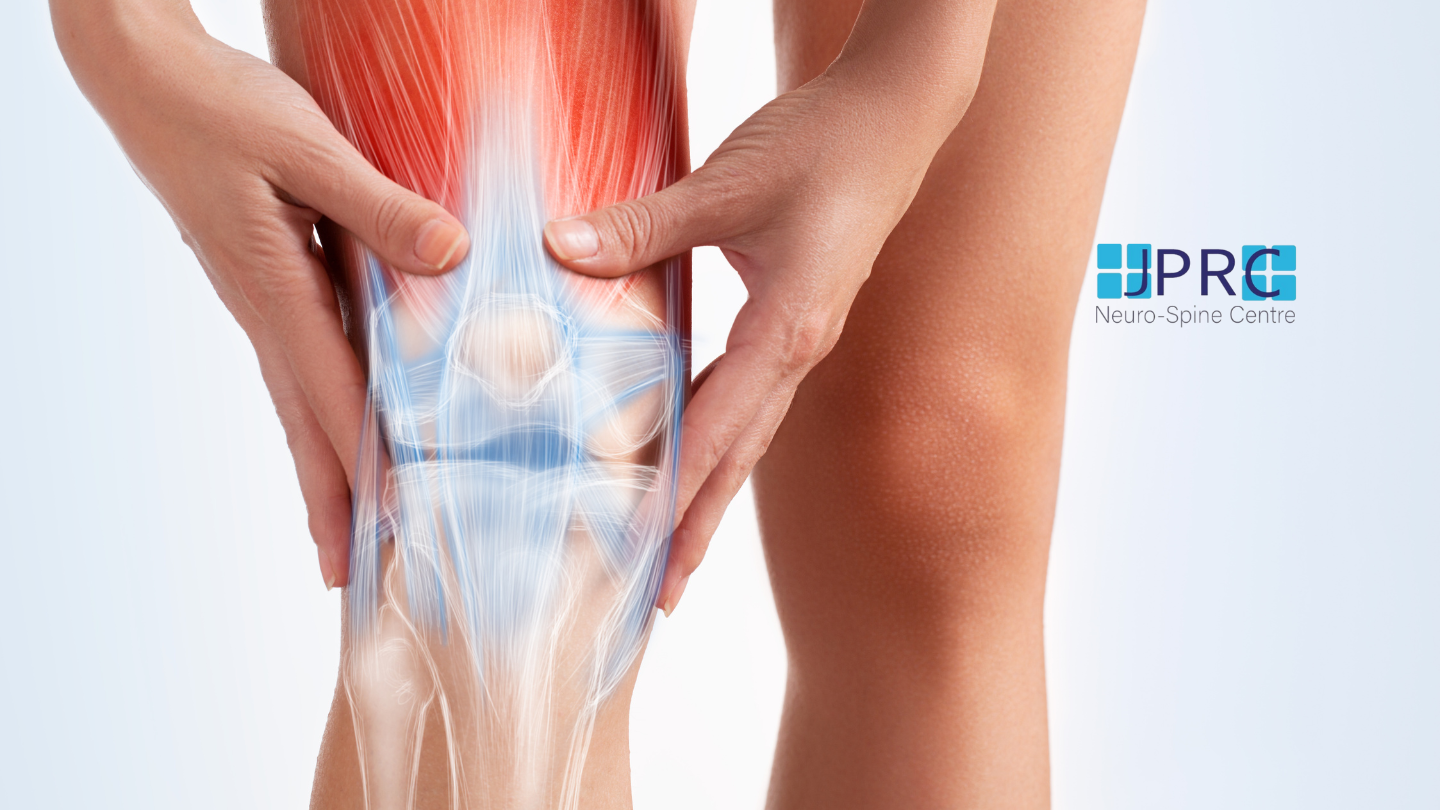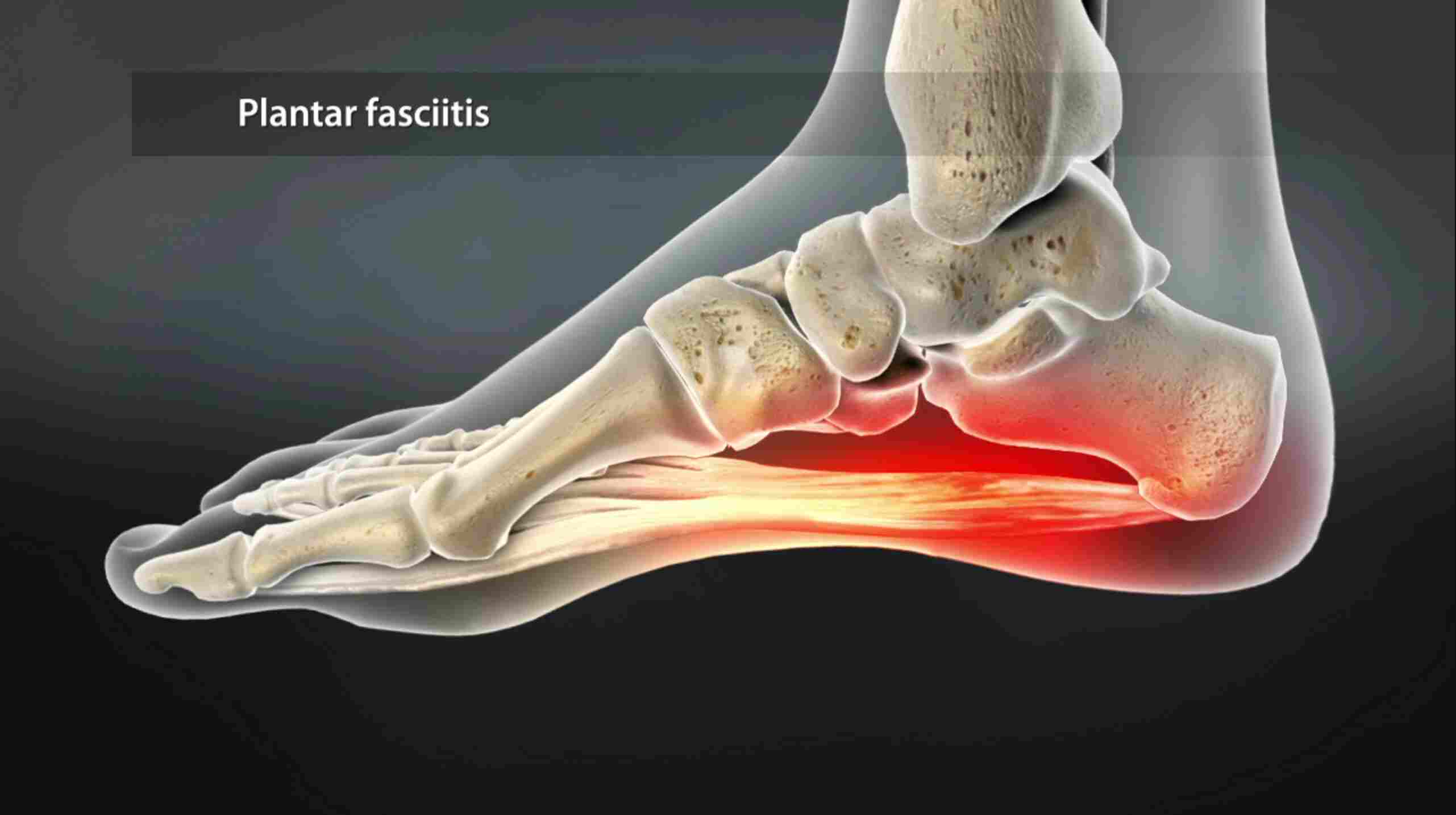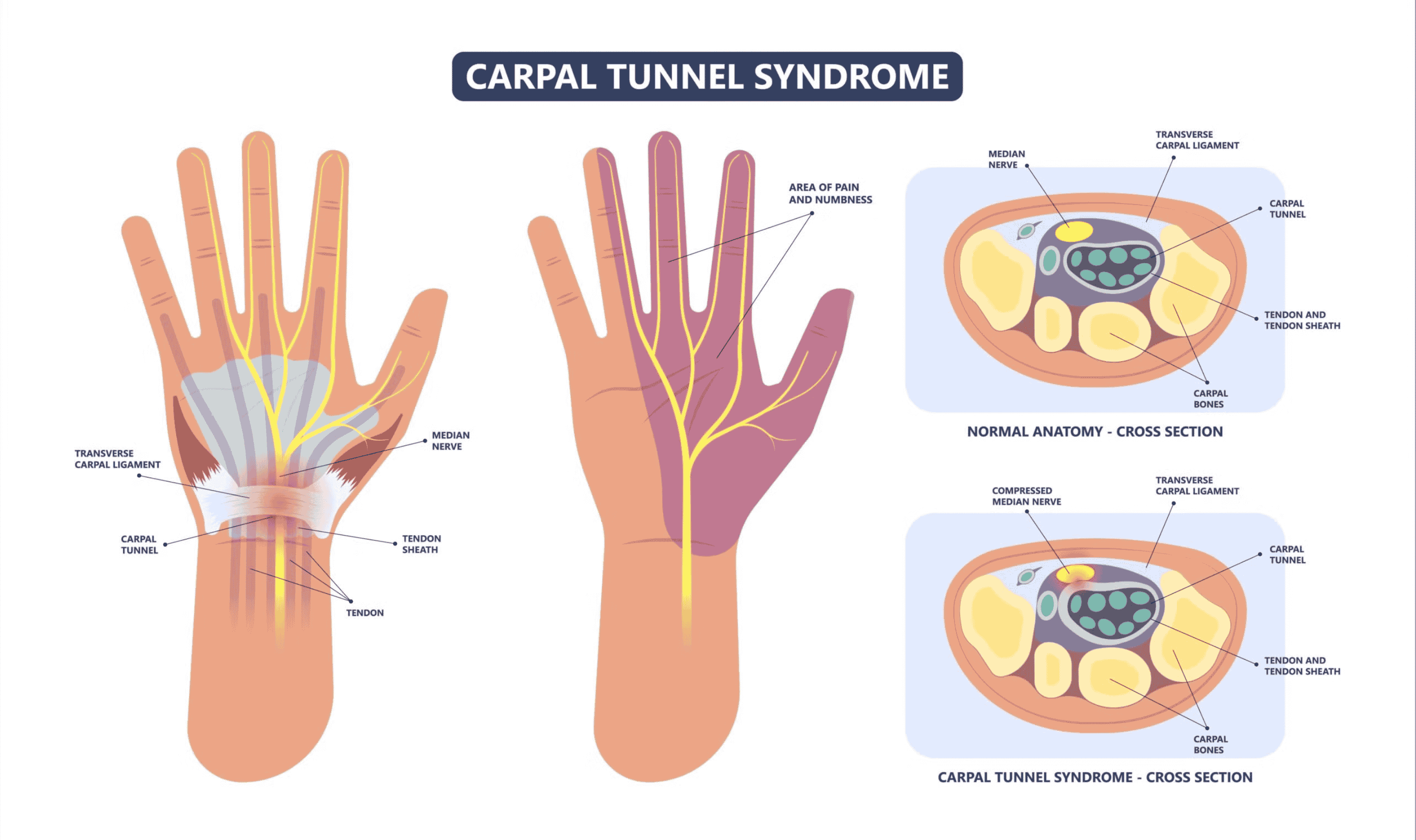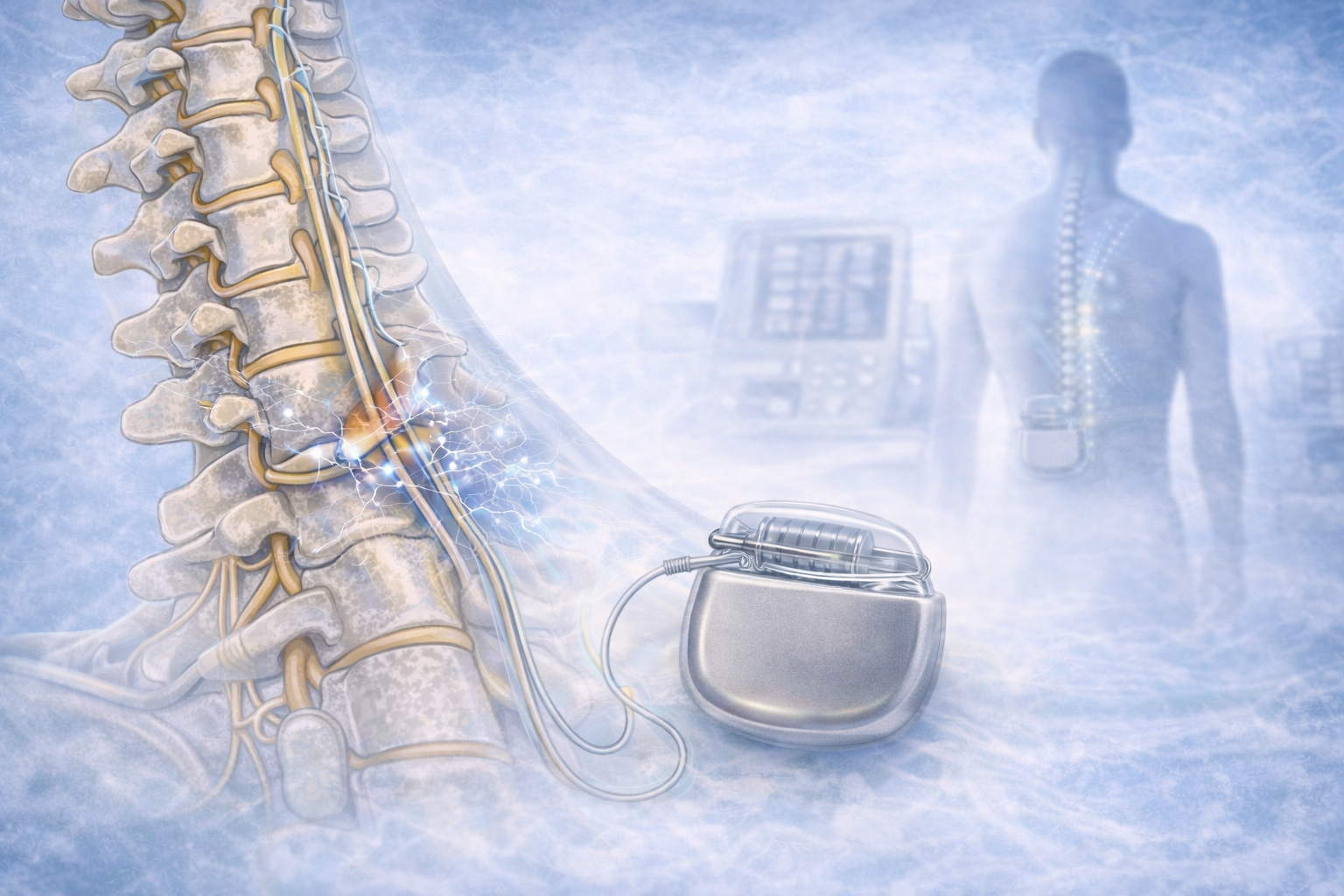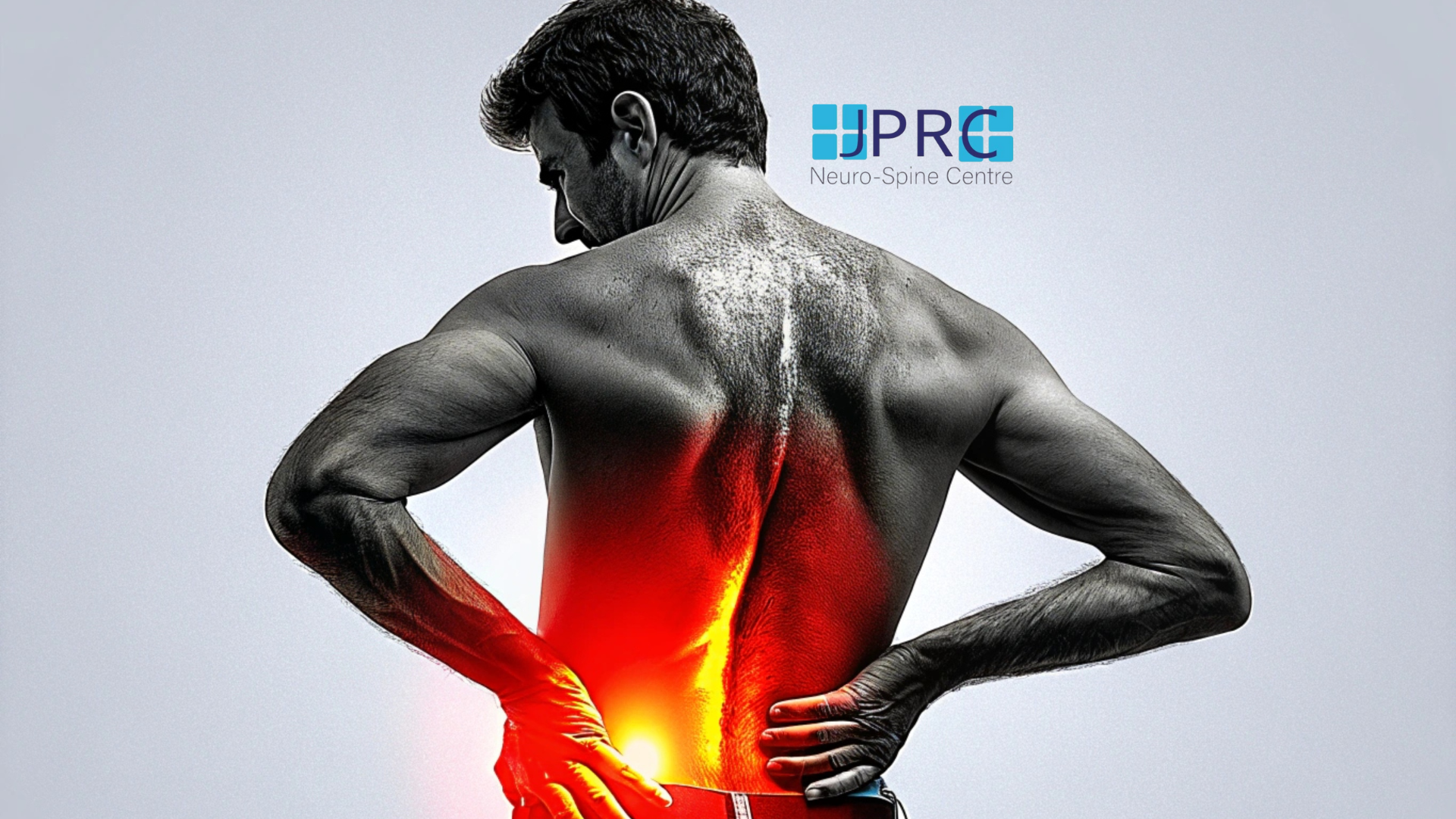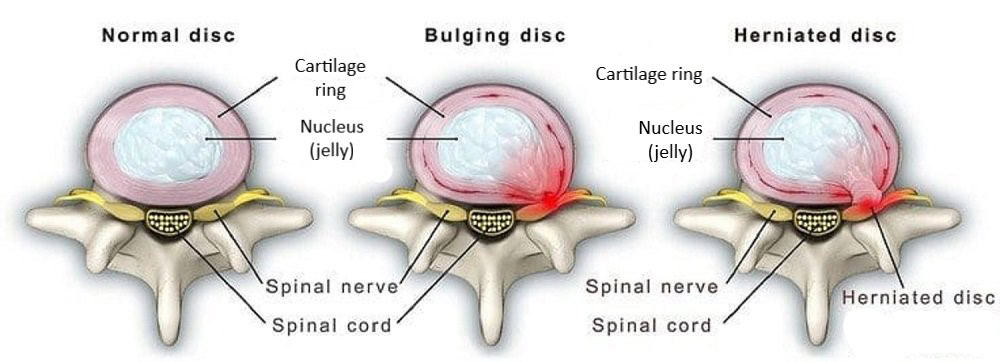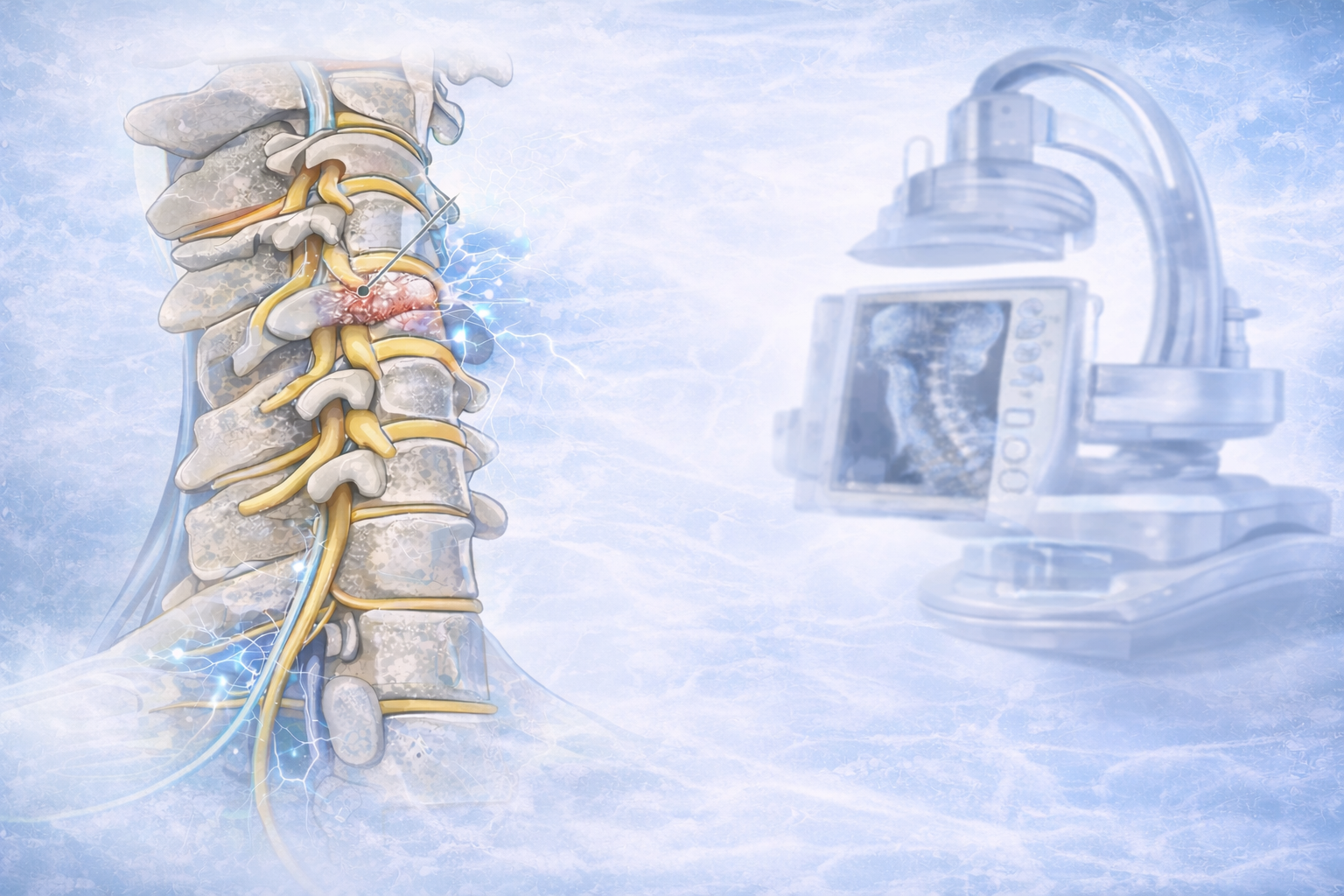Managing Cancer Pain: The Role of Physical Medicine and Rehabilitation
Cancer is a strong adversary that impacts millions globally and causes complex
pain. Physical medicine and rehabilitation offer hope to cancer patients. With their
experience, compassion, and ingenuity, our specialists help cancer patients manage
pain, improve quality of life, and achieve overall well-being.
Understanding Multifaceted Cancer Pain
The causes of cancer pain are diverse, including tumor growth, surgery, radiation
therapy, chemotherapy, and metastasis. Cancer pain can range from mild pain to
severe, unbearable pain. From immediate medical operations or over time, it might
be acute or persistent. Recognizing and treating cancer pain's complexity
necessitates physical medicine and rehabilitation specialists.
Physical medicine and rehabilitation specialists' role
Physical medicine and rehabilitation doctors can use their specific expertise to treat
cancer pain comprehensively. These professionals improve physical function, pain
management, and quality of life. Together with oncologists, pain management
specialists, surgeons, and other healthcare providers, they provide complete cancer
care.
Interventional pain management is an important part of Physiatry, which is the area
of Physical Medicine and Rehabilitation. Interventional pain management is
generally done by physiatrists, sometimes known as rehabilitation physicians.
These methods include epidural steroid injections, nerve blocks, facet joint
injections, radiofrequency ablation, and spinal cord stimulation. Physiatrists
diagnose and treat pain conditions, assisting patients in regaining functionality and
enhancing their quality of life.
Tailored Cancer Pain Treatment Plans
Cancer discomfort varies from patient to patient. Every patient's pain journey
depends on the cancer's kind, stage, pain tolerance, and past treatments. Physical
medicine and rehabilitation doctors know why treatment approaches must be
individualized. Comprehensive evaluations include medical history, pain
characteristics, functional limits, and psychological well-being. This personalized
approach lets them develop intricate pain-management techniques that take the
patient's life into account.
Multimodal Approaches
Physical medicine and rehabilitation doctors have many tools. Cancer pain is
treated effectively with multimodal techniques. Some of these include physical
therapy to improve mobility and muscle strength, exercise regimens tailored to the
patient's abilities, manual therapy, heat or cold therapy, and psychological
interventions to manage chronic pain's emotional impact.
Restoring Function and Quality of Life
Cancer discomfort can reduce physical function and quality of life. Our Physical
medicine and rehabilitation specialties emphasize rehabilitative exercises and
therapy to restore function. They help patients regain mobility, strength, and
independence with physical and occupational therapists. Patients' entire well-being
is improved beyond pain control, allowing them to participate in daily activities
with increased energy.
Addressing Treatment Complications
Cancer treatment is necessary, but consequences can worsen the pain. Radiation,
surgery, and chemotherapy can damage tissue, create scar tissue, and cause muscle
imbalances. Physical medicine and rehabilitation specialists can handle these
therapy problems. Through focused therapies, they reduce pain and speed recovery
from these side effects.
Emotional and psychosocial support
Cancer pain affects the body, mind, and spirit. Specialists in physical medicine and
rehabilitation understand the link between physical and emotional health. Their
psychosocial assistance for pain patients includes psychologists, counselors, and
social workers. By treating depression, anxiety, and mental fatigue, they improve
pain management and healing altogether.
Patient Empowerment and Education
Physical medicine and rehabilitation for cancer pain management rely on
education. Specialists teach patients about their disease, pain management, and
self-care. Educated patients can actively participate in their treatment, make
educated decisions, and manage their discomfort. Cancer-related discomfort
requires action and adaptability, which empowerment offers.
Teamwork for Comprehensive Care
The complexity of cancer pain requires teamwork. Our team of physical medicine
and rehabilitation specialists collaborates with oncologists, palliative care teams,
pain management experts, surgeons, and others. This collaborative care paradigm
considers all elements of the patient's health, resulting in comprehensive and
coordinated cancer and pain management.
Transforming Life: The Ultimate Goal
Physical medicine and rehabilitation professionals in cancer pain management aim
to improve patient's quality of life. Our team of specialists helps patients heal
beyond medical therapies by managing pain, restoring function, and providing
complete assistance. Cancer patients receive skilled care, empathy, and optimism
from our skilled physical medicine and rehabilitation specialists.
Cancer pain management requires medical skill, compassion, and creative
approaches from physical medicine and rehabilitation specialists. Through
collaboration, personalized techniques, and commitment to holistic well-being, Dr.
Minhaj Akhter, our Cancer Pain specialist, and his Ace team of doctors offer hope
to cancer patients.

2.jpg)








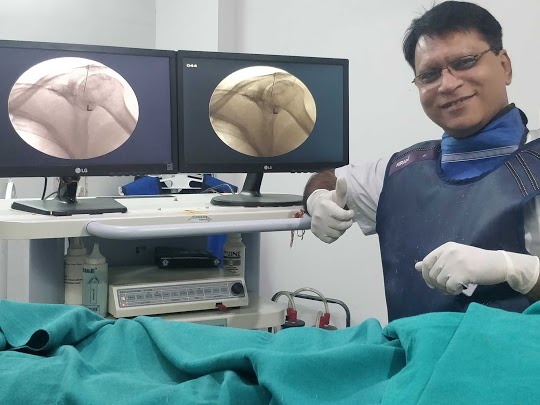



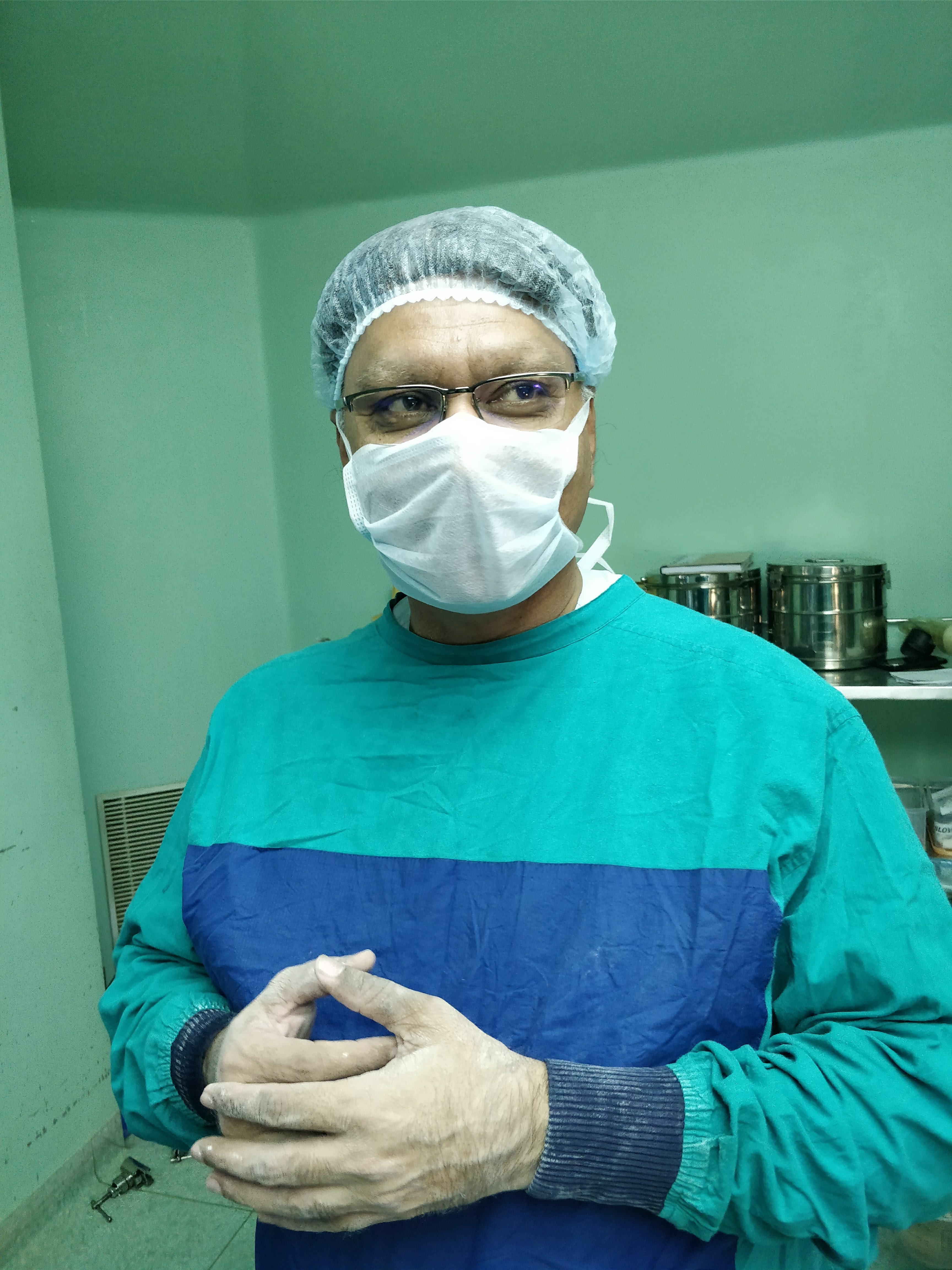
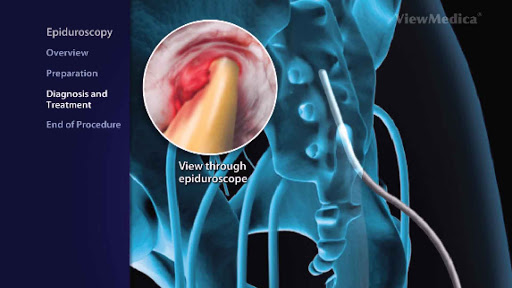

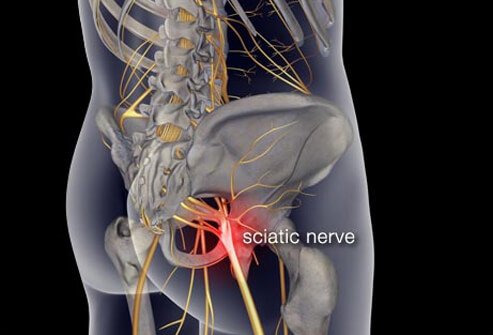

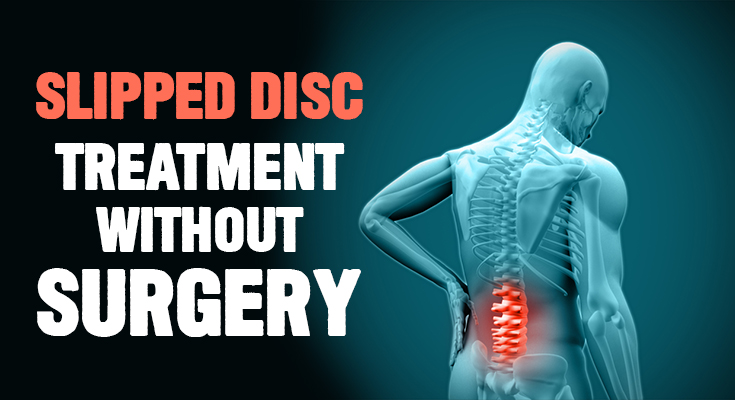

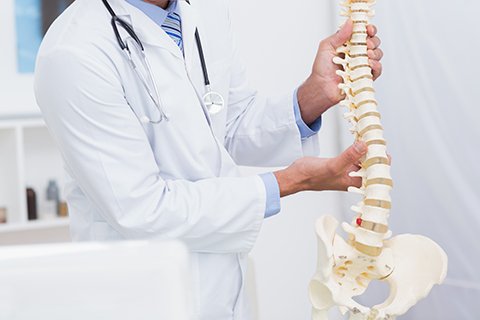


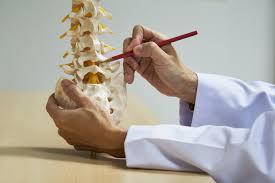
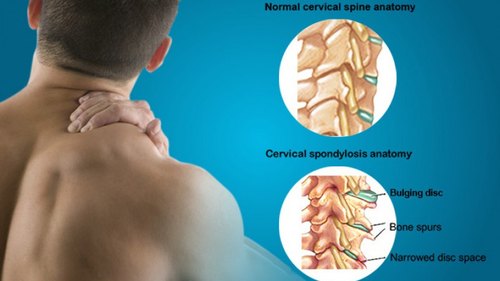
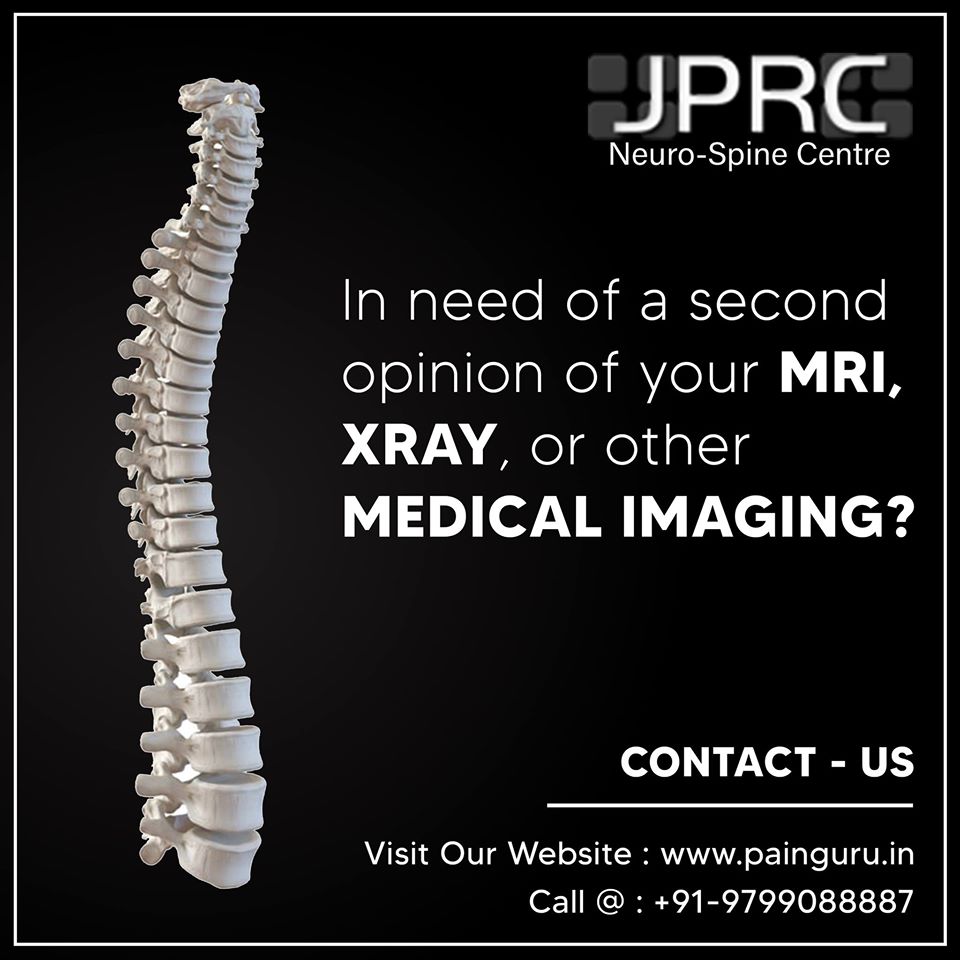






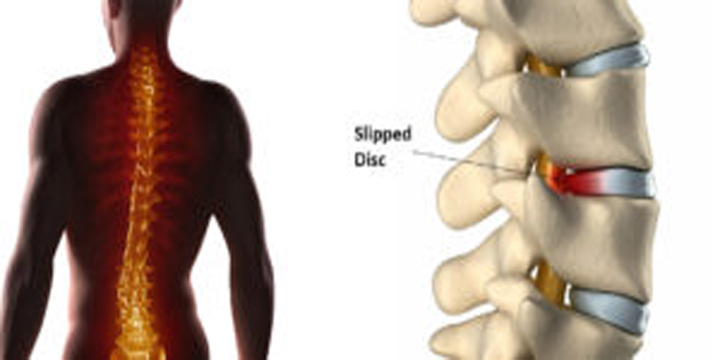
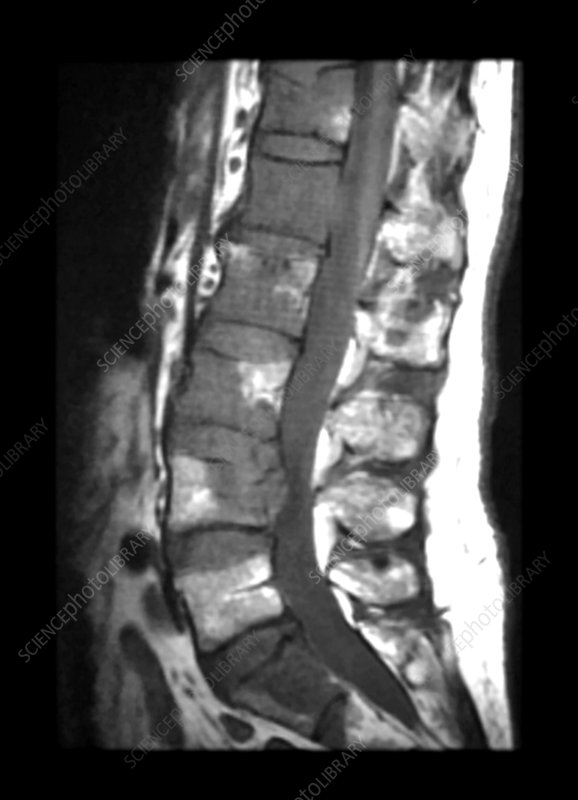




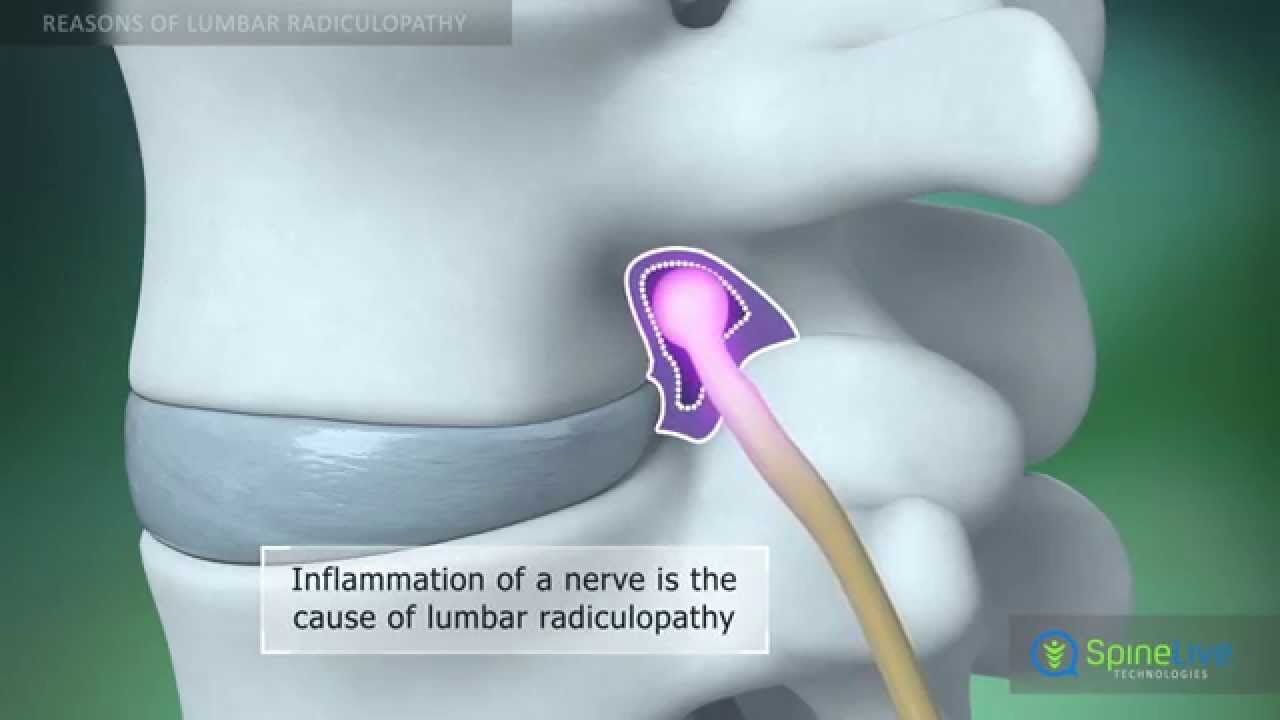
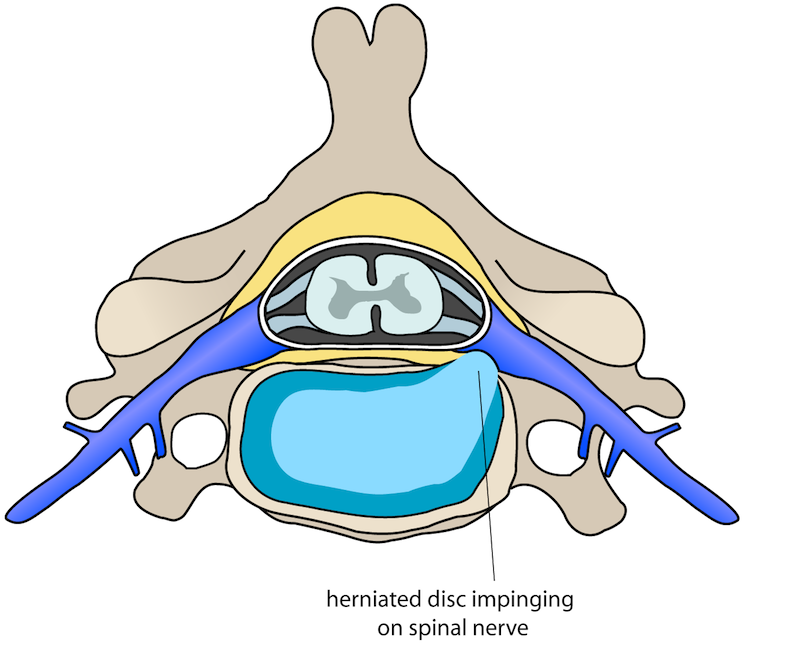
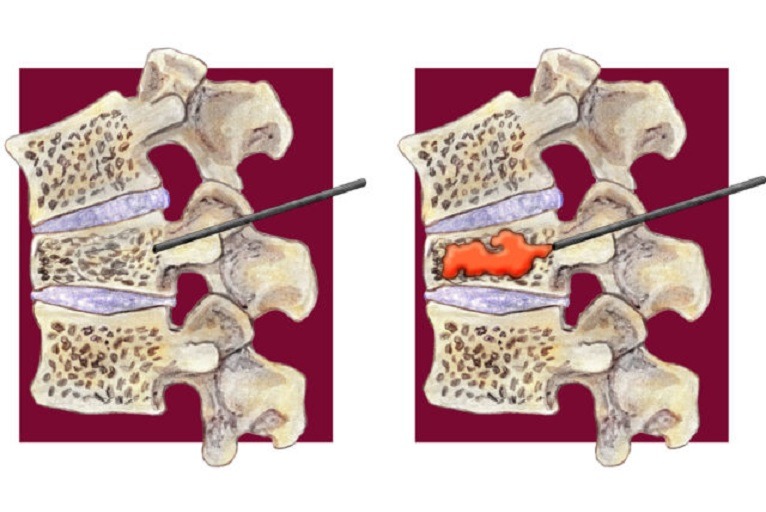












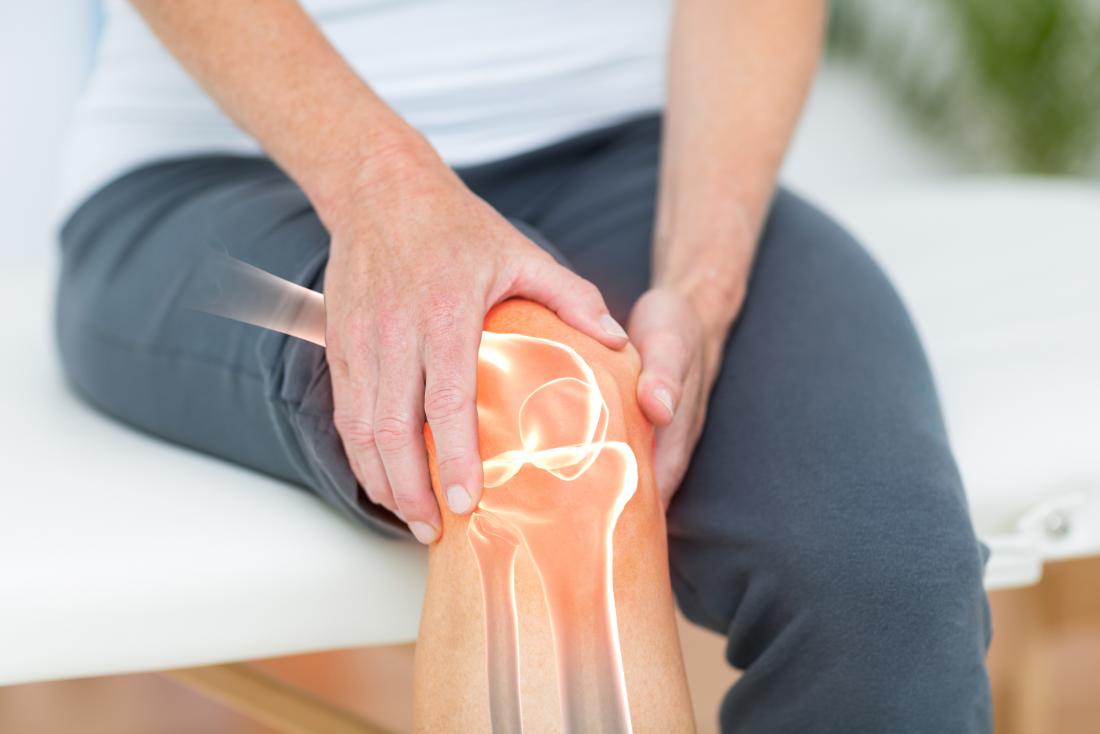
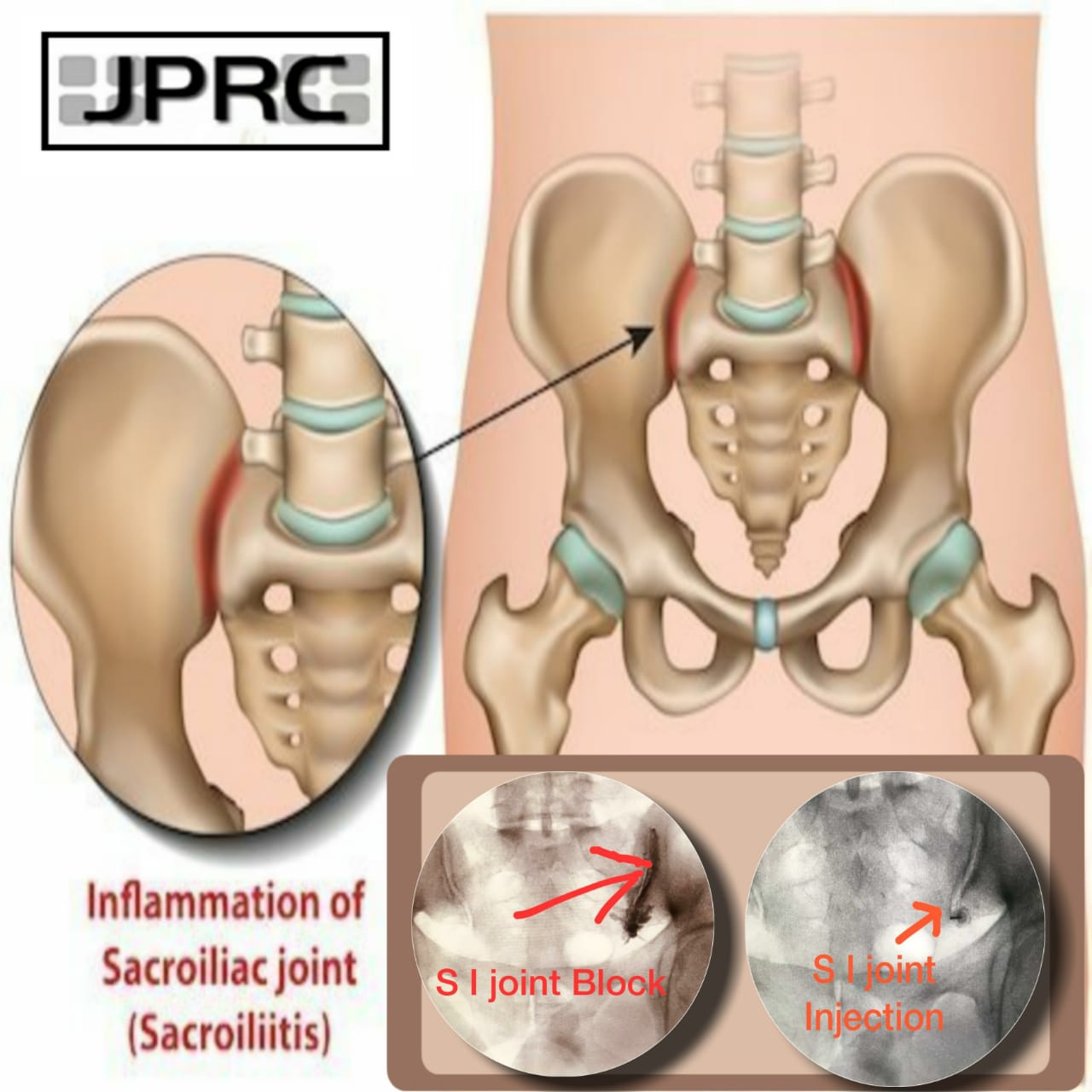





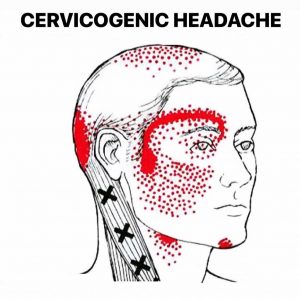




.jpg)





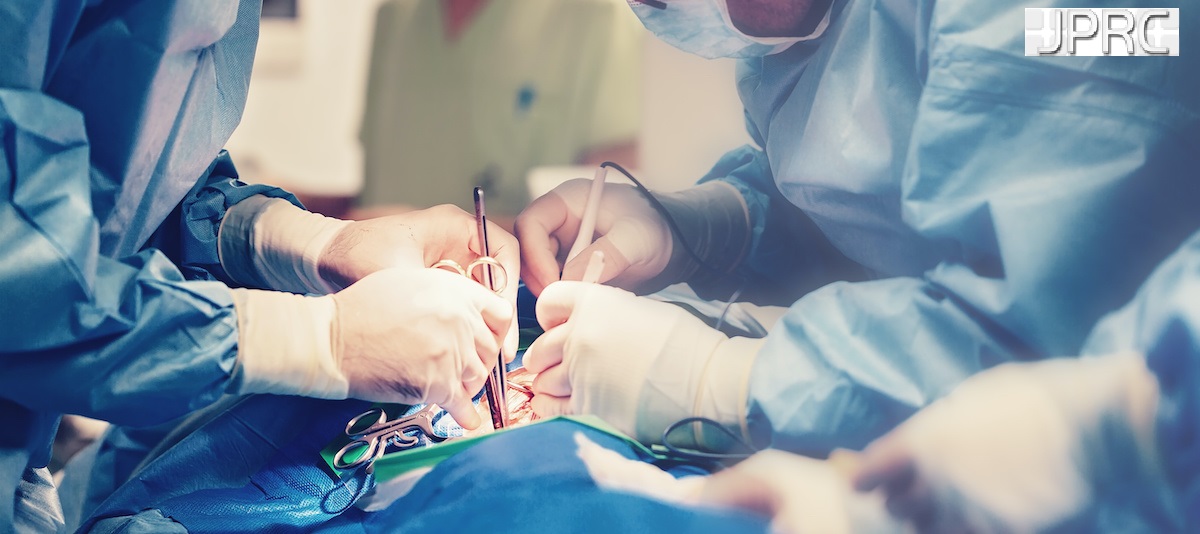
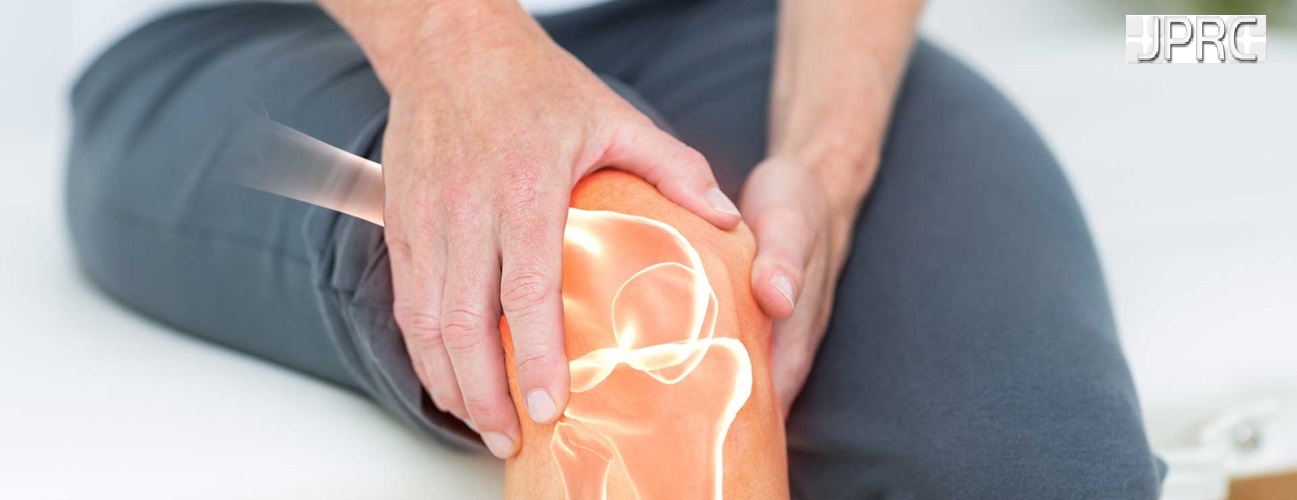

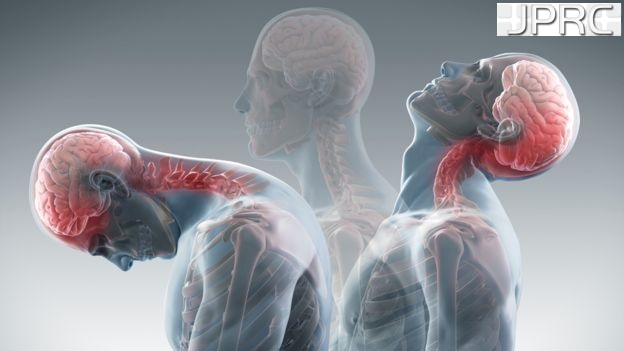


_Injection_Description_in_Hindi.jpg)
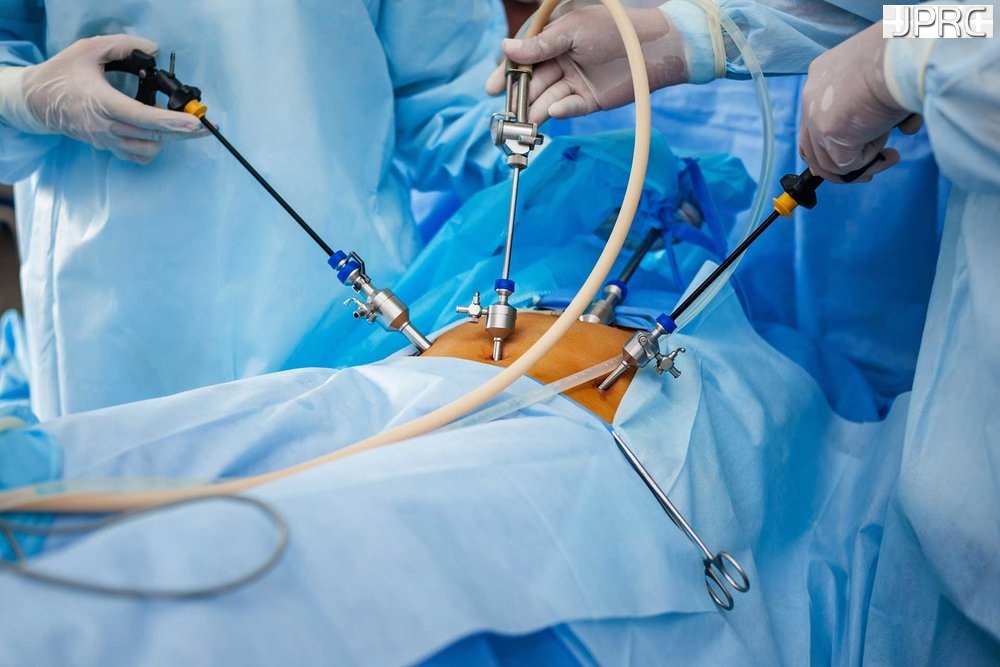

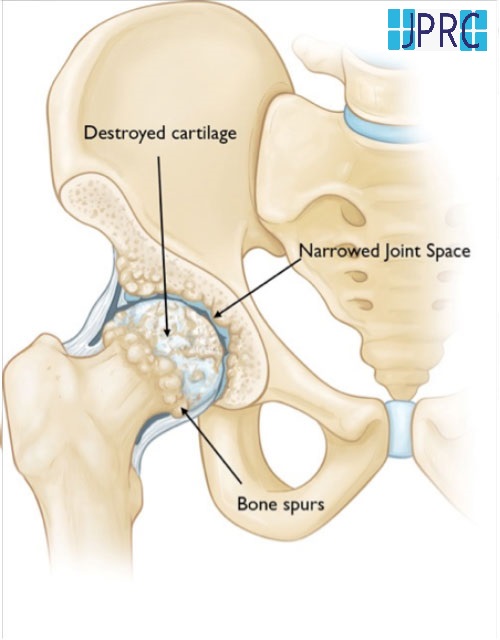



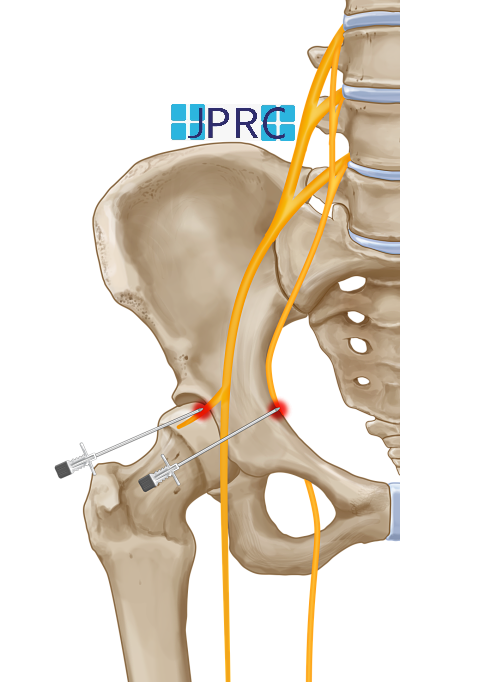


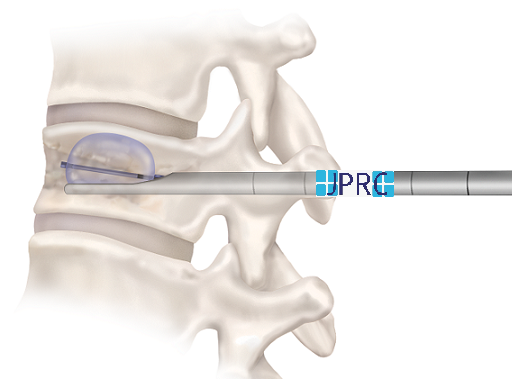

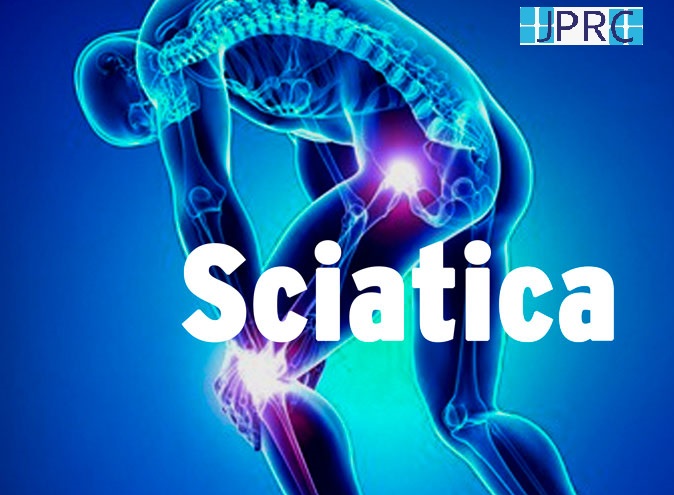



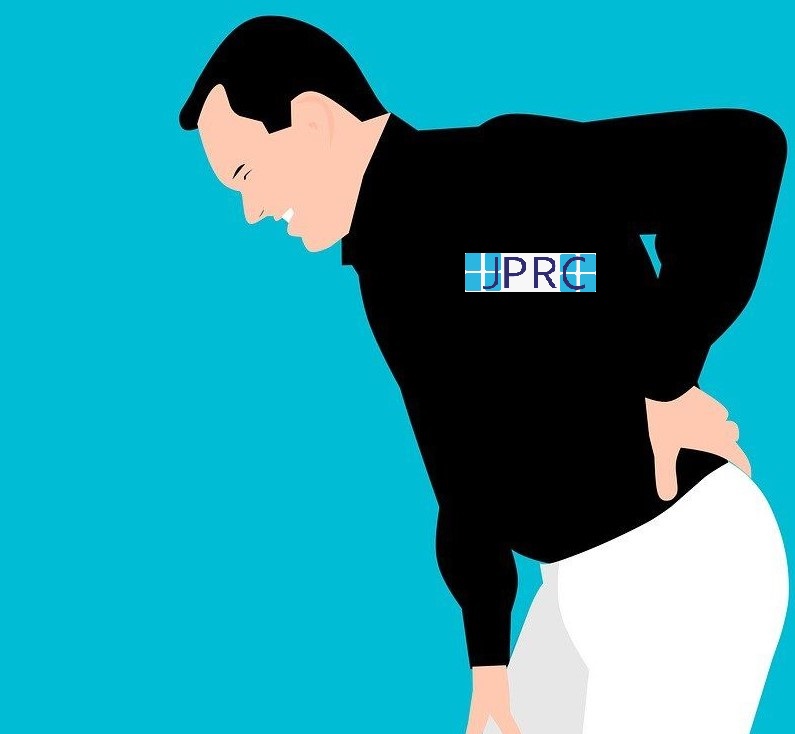
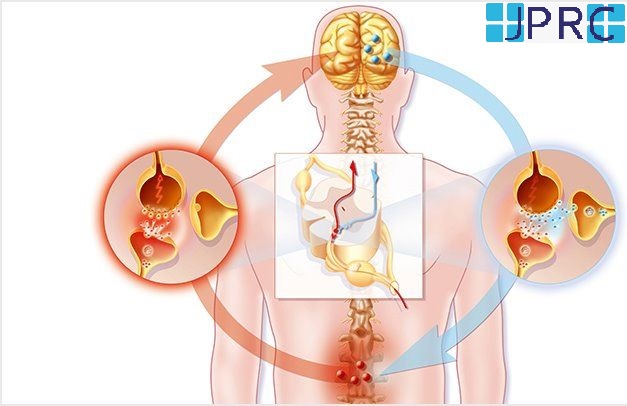

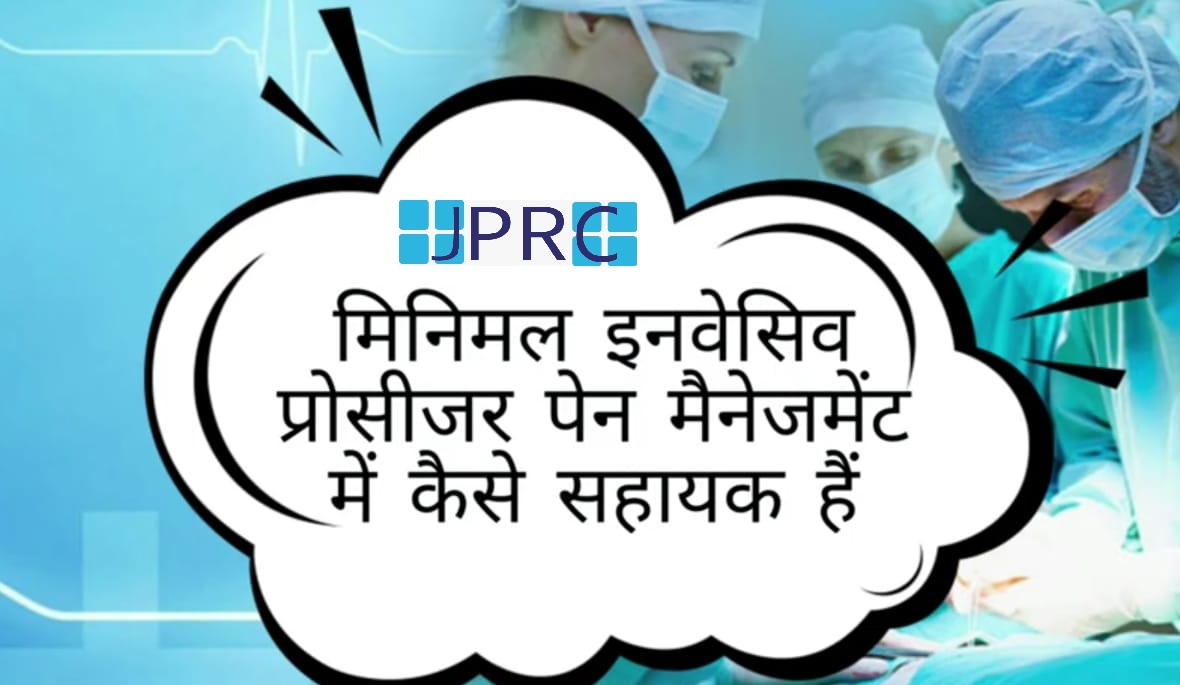
.jpg)
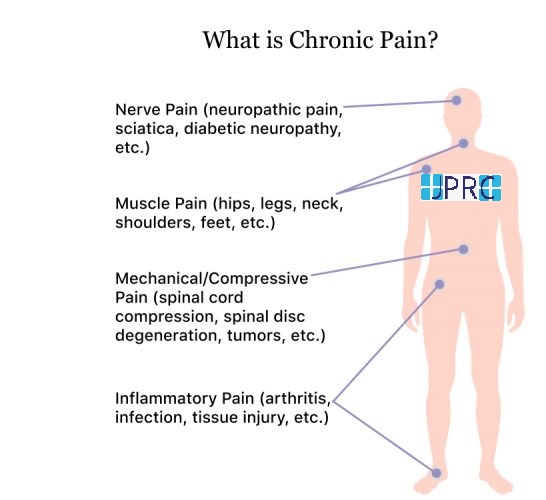



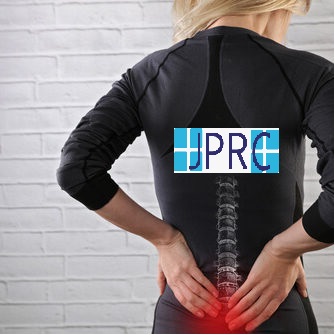


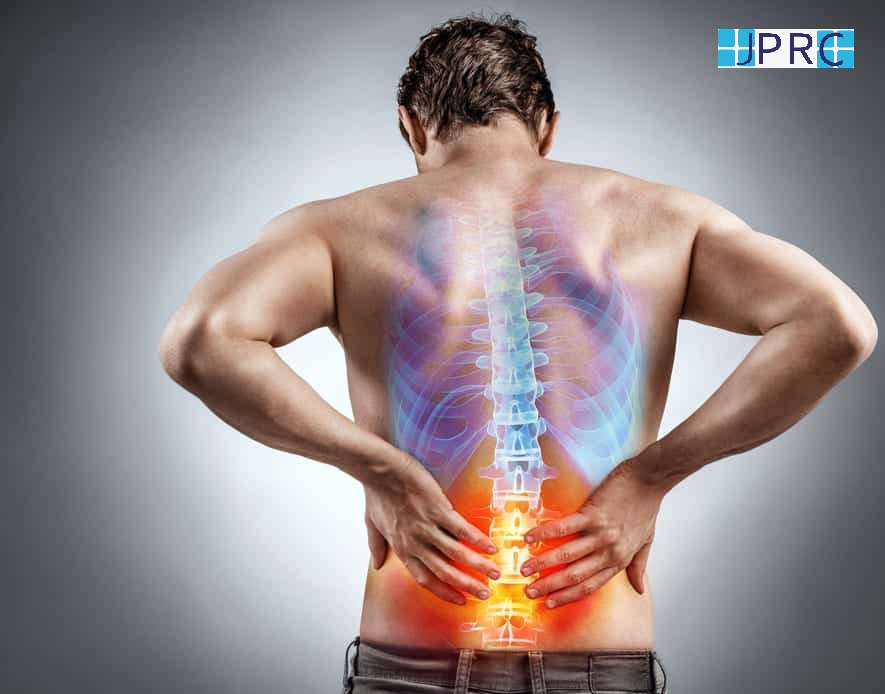
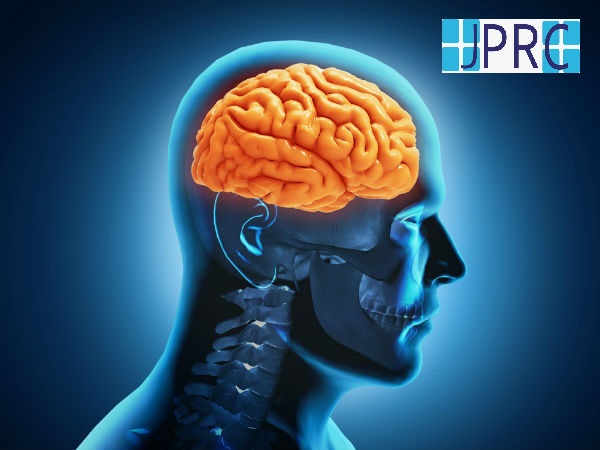
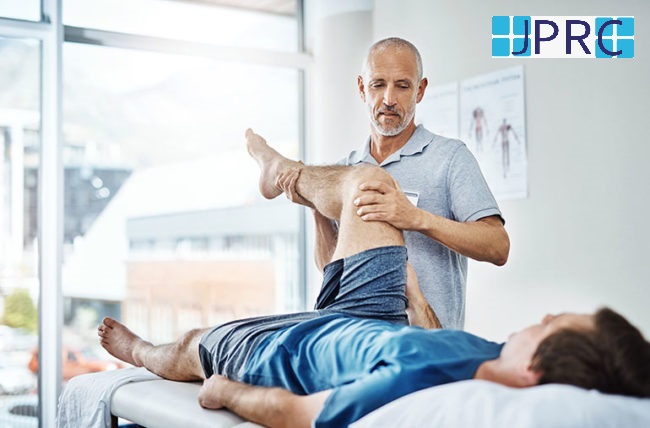
.jpg)




.jpg)
.jpg)
.jpg)



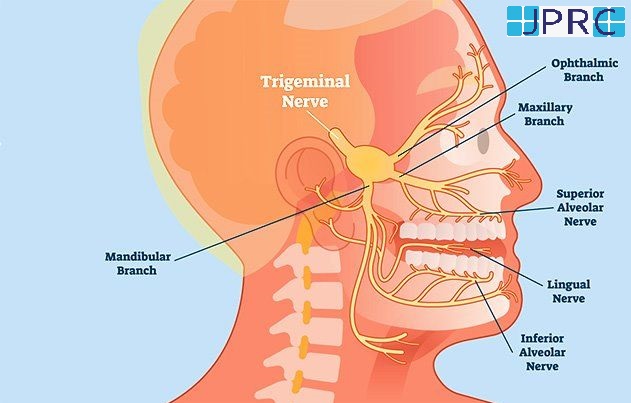

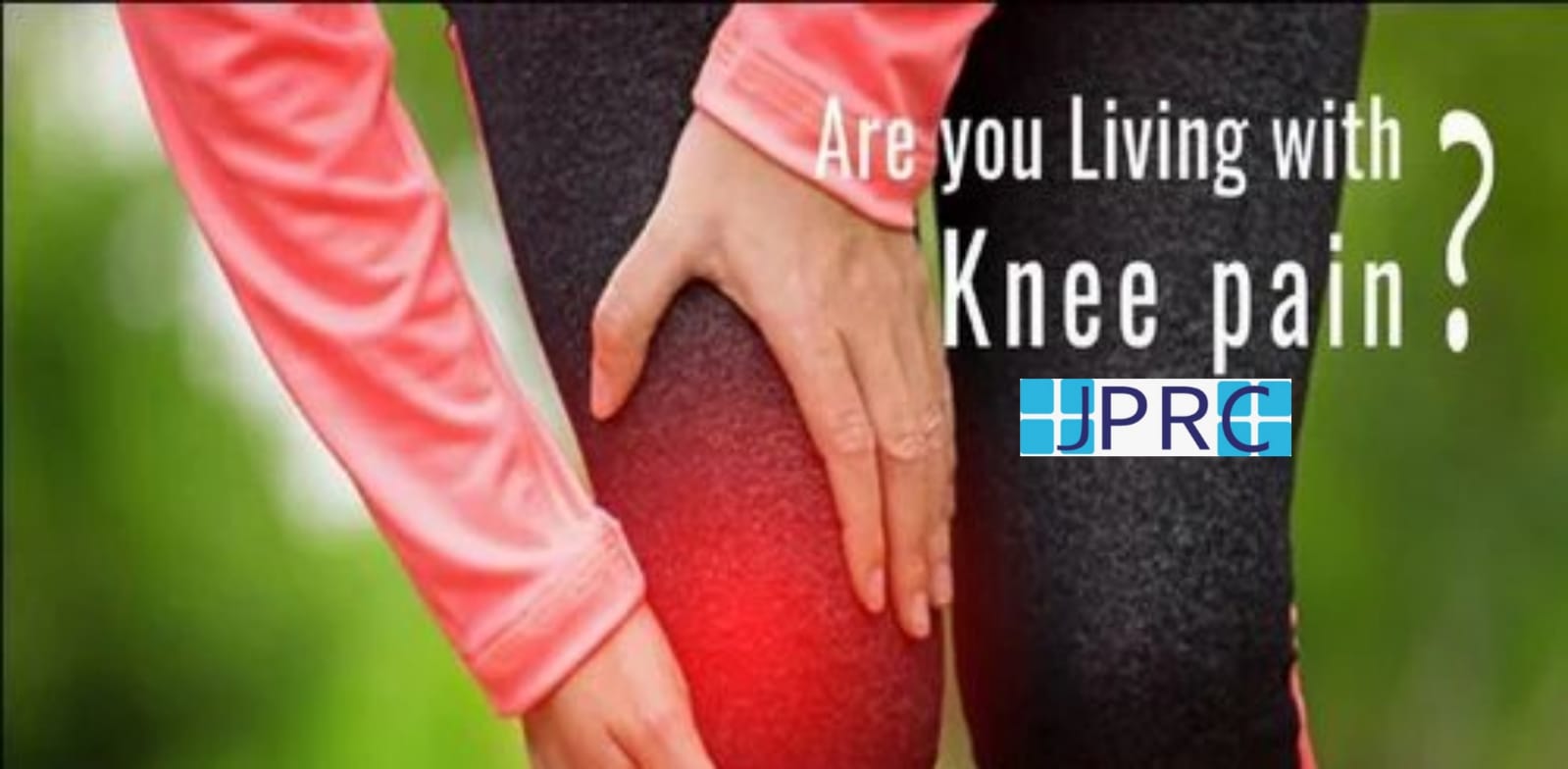

.jpg)
.jpg)
.jpg)
.jpg)
.jpg)
.jpg)
.jpg)
.jpg)
.jpg)
.jpg)
.jpg)
.jpg)
.jpg)
.jpg)
.jpg)
.jpg)
.jpg)
.jpg)
.jpg)
.jpg)
.jpg)
.jpg)




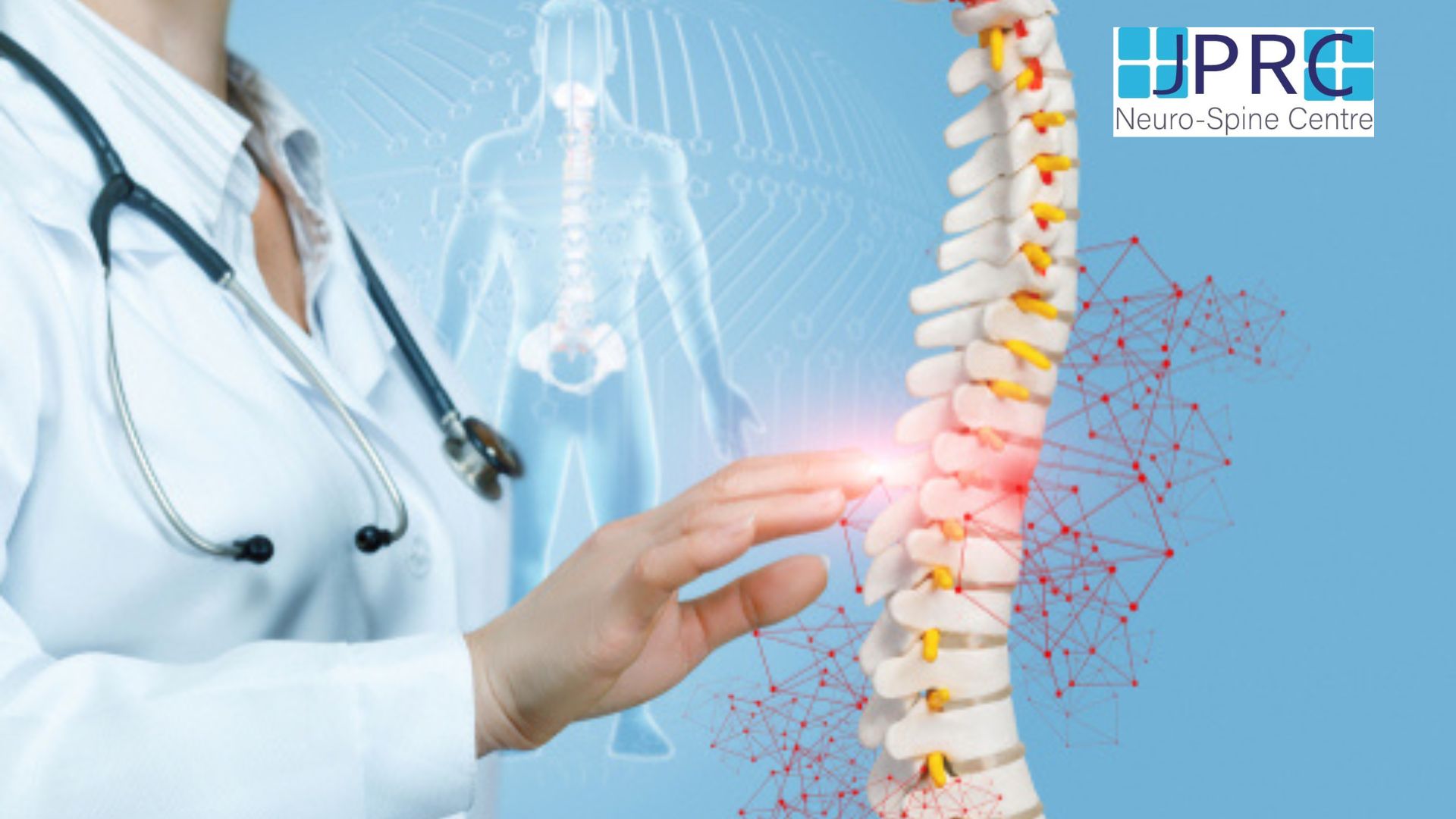

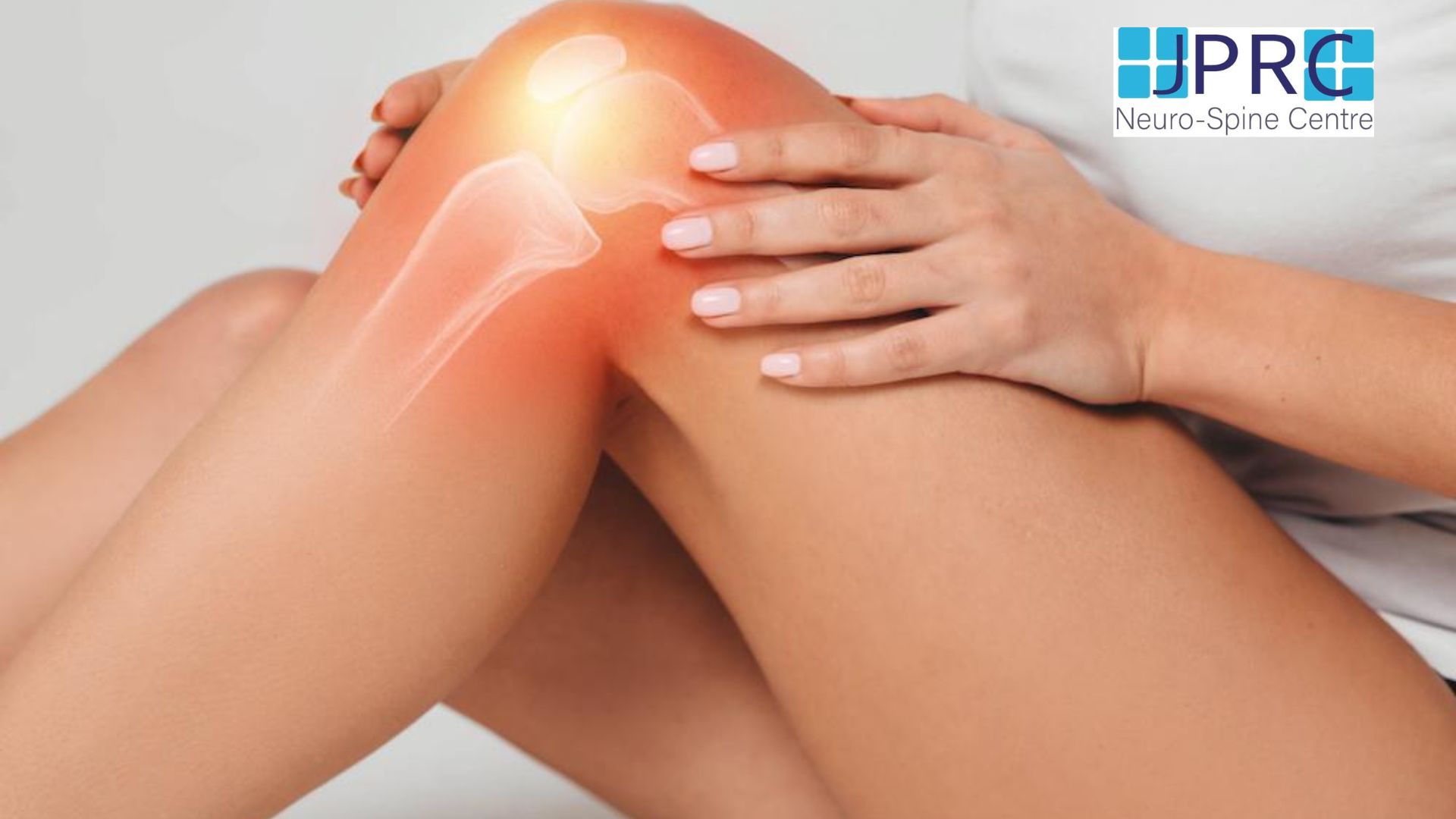

1.jpg)
1.jpg)
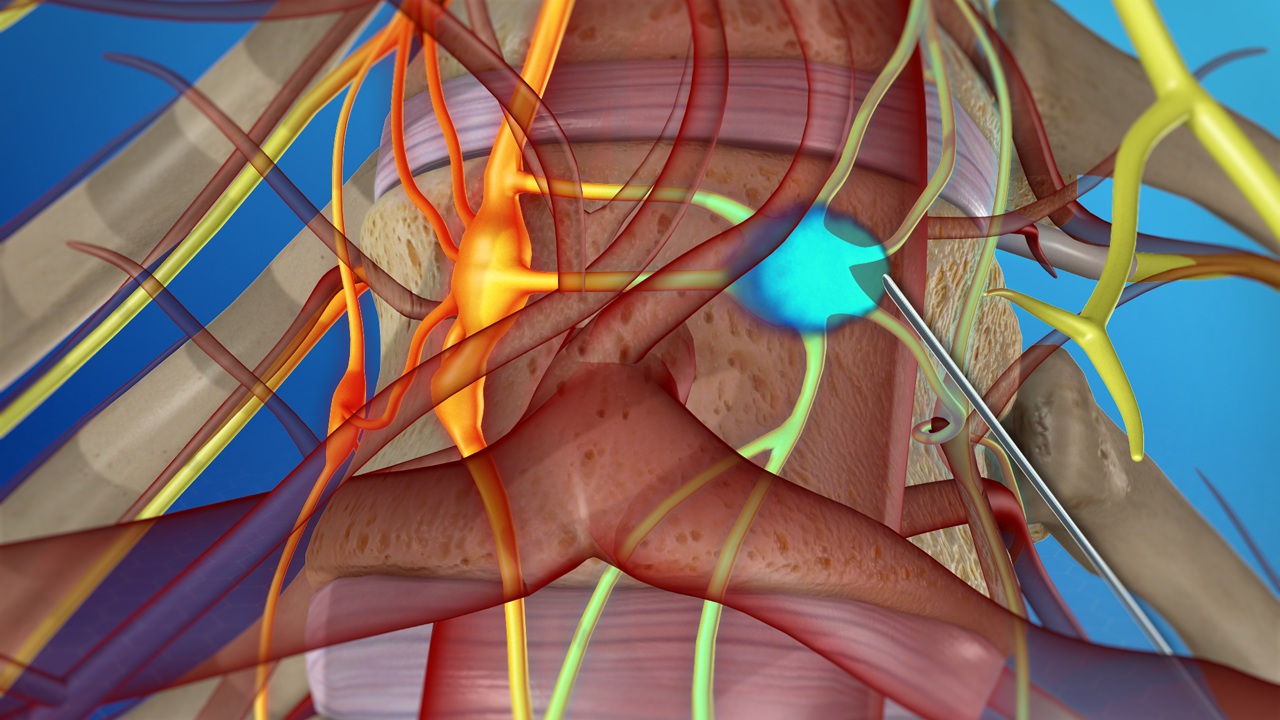
1.jpg)
1.jpg)
1.jpg)
1.jpg)
1.jpg)






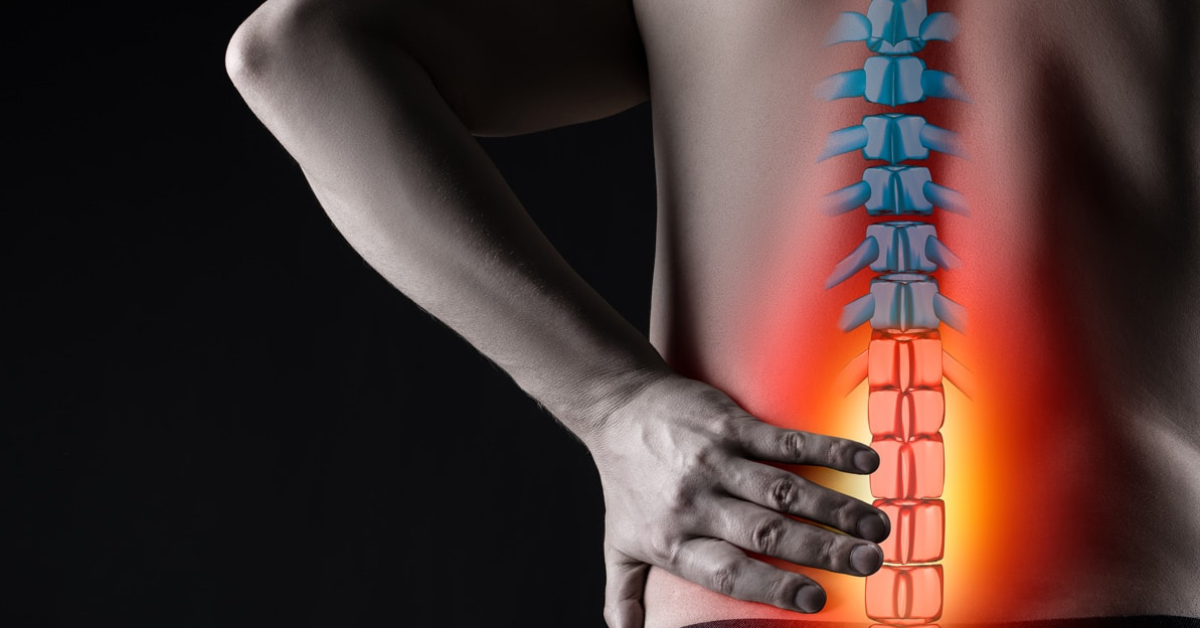

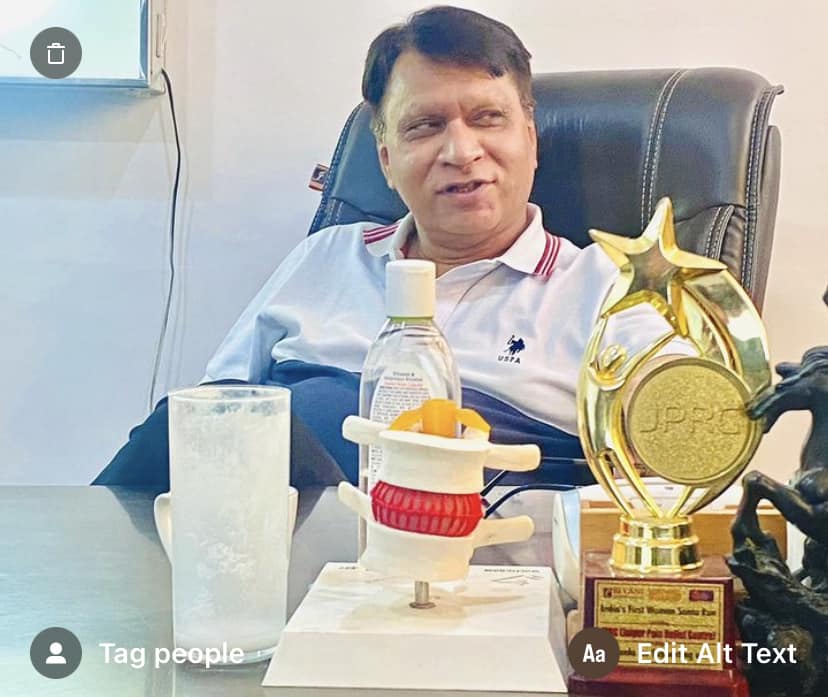
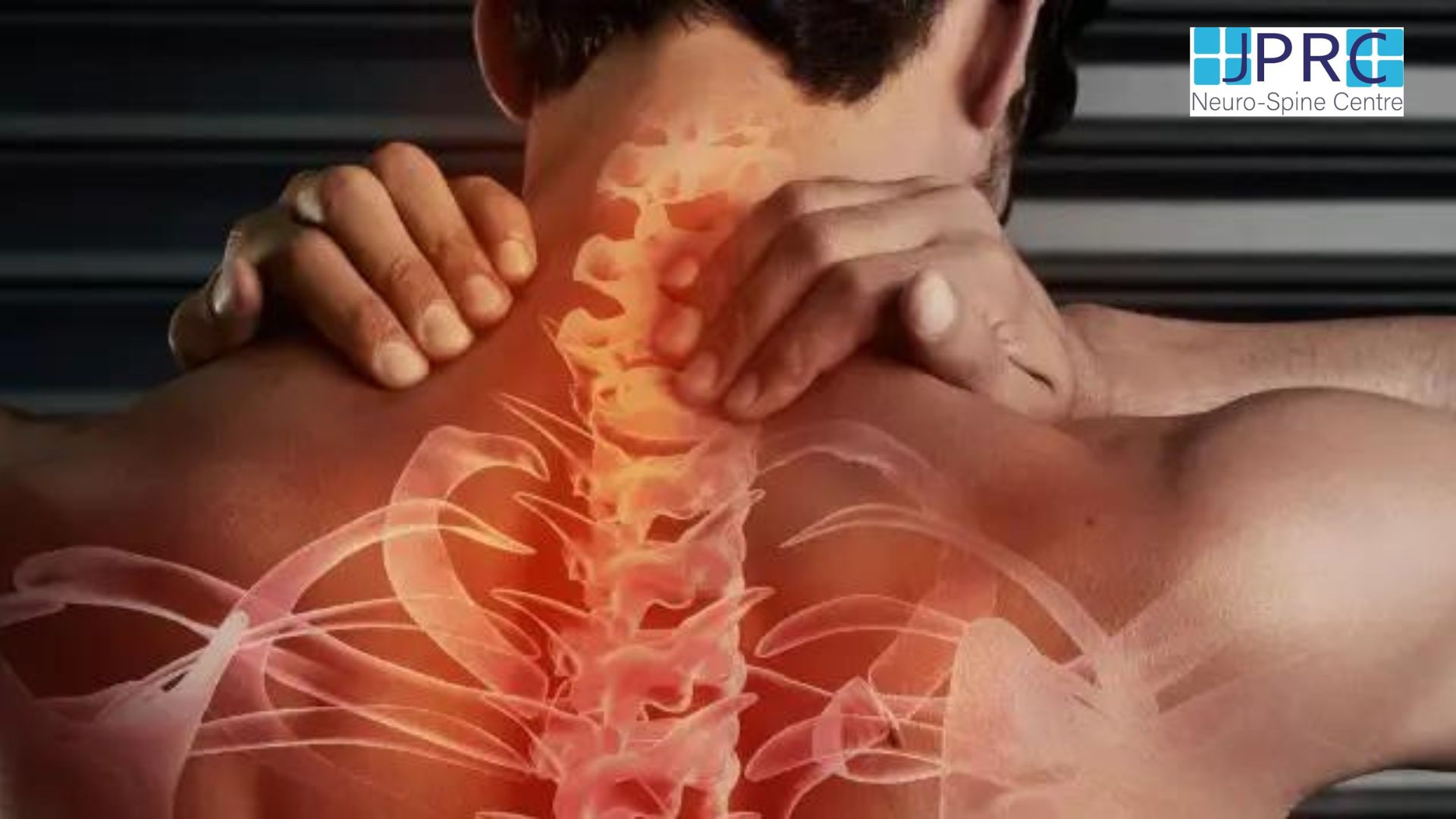
2.jpg)
3.jpg)

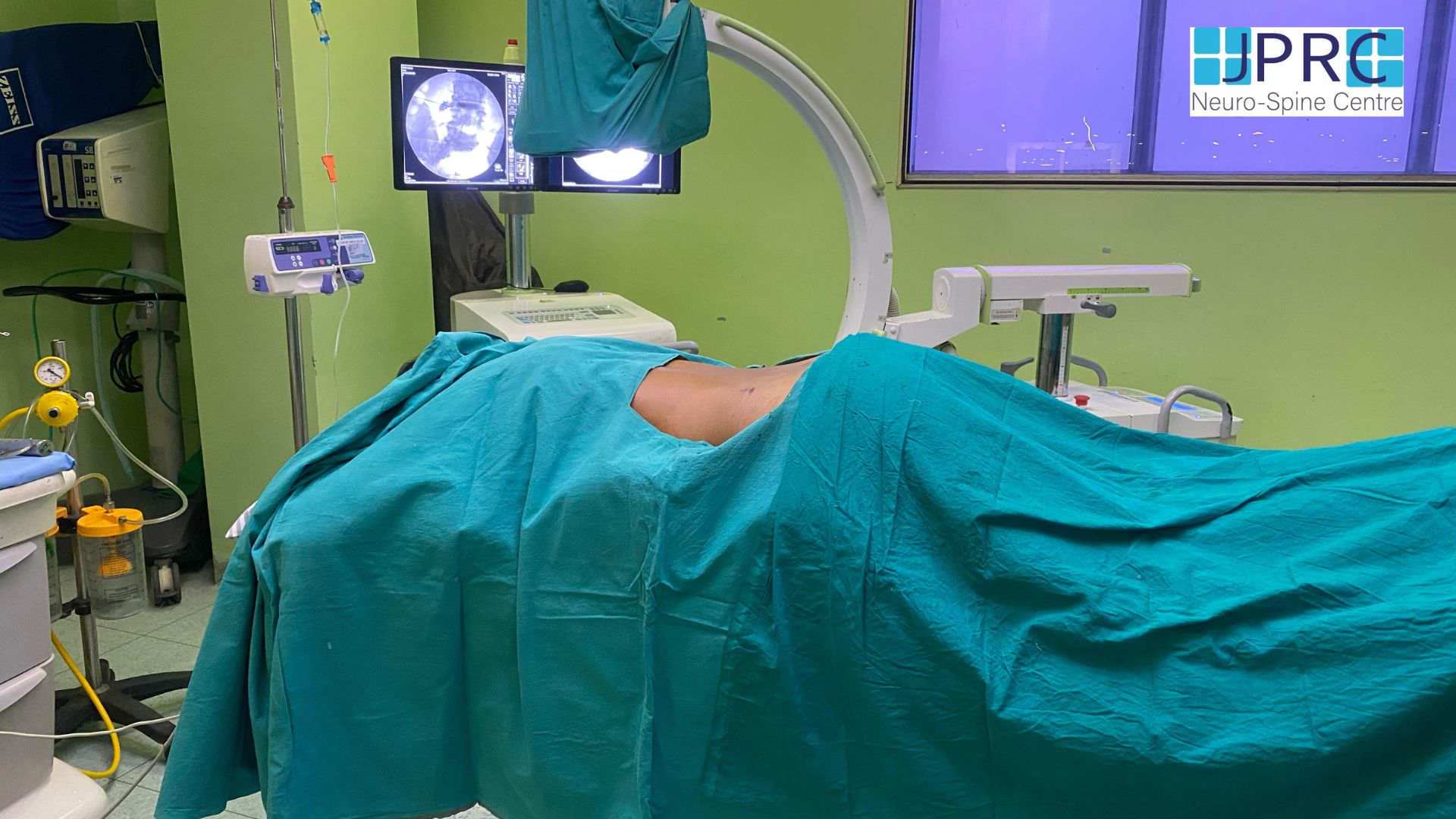
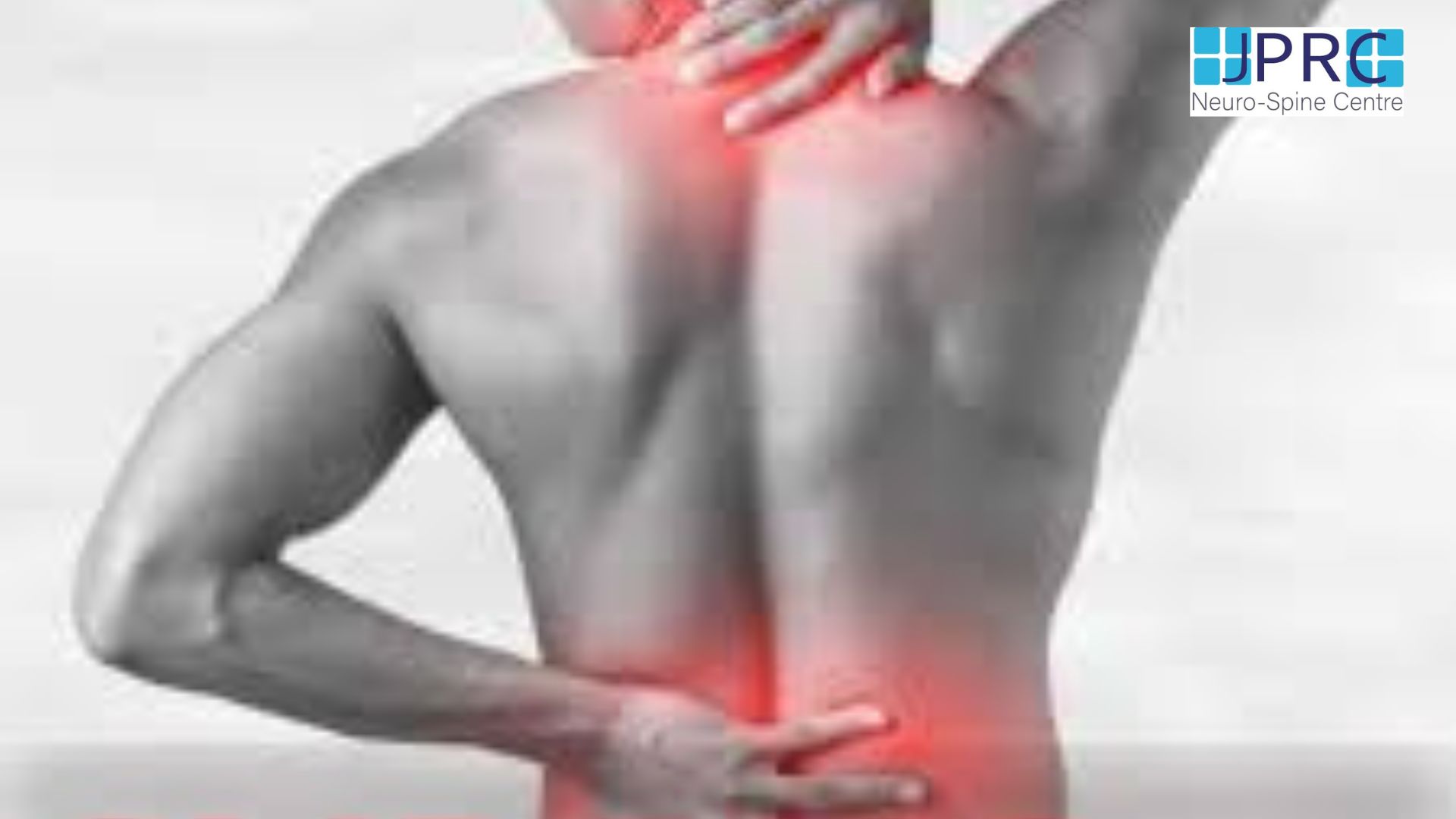
4.jpg)
1.jpg)
2.jpg)
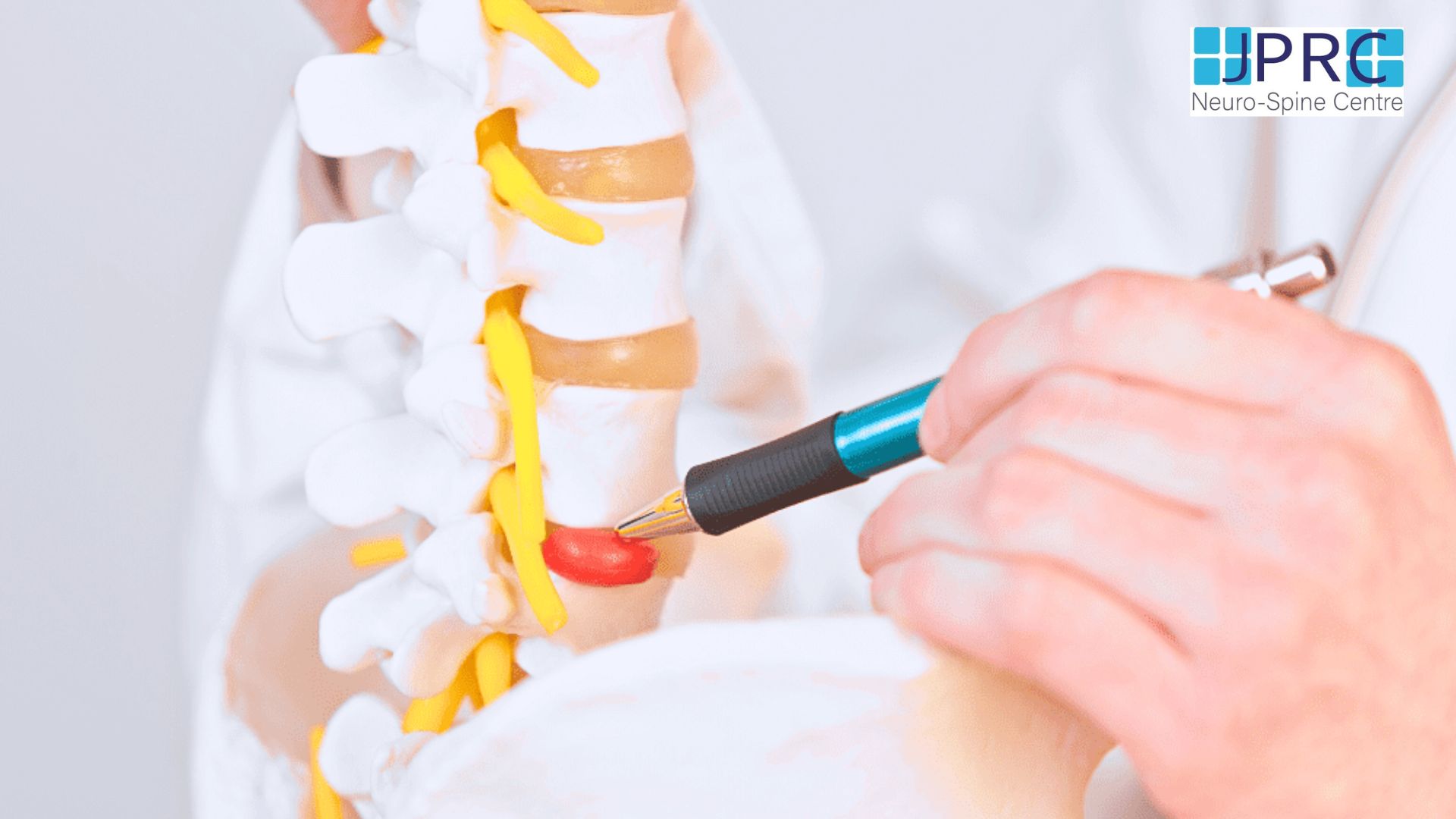
5.jpg)
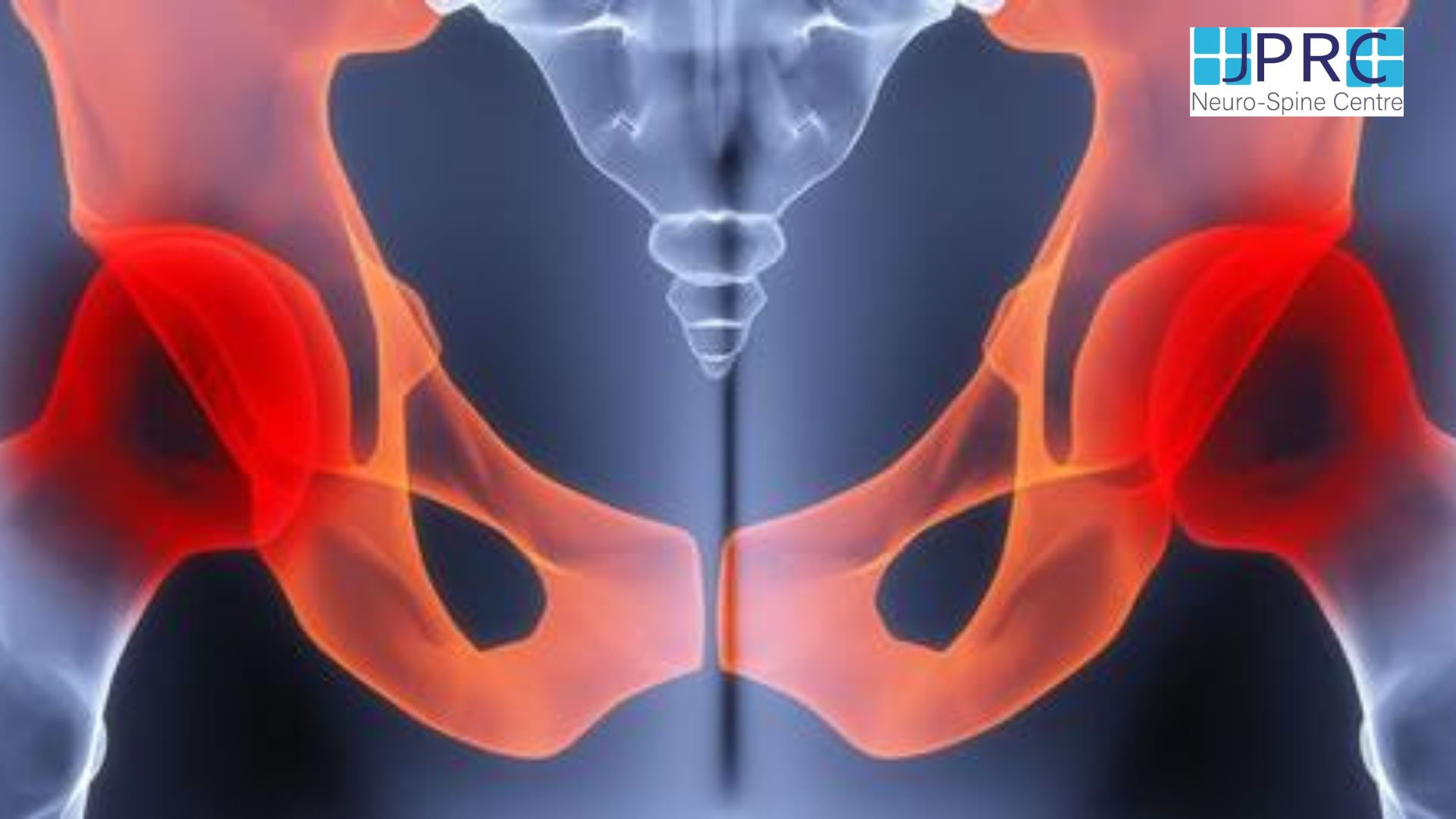
6.jpg)
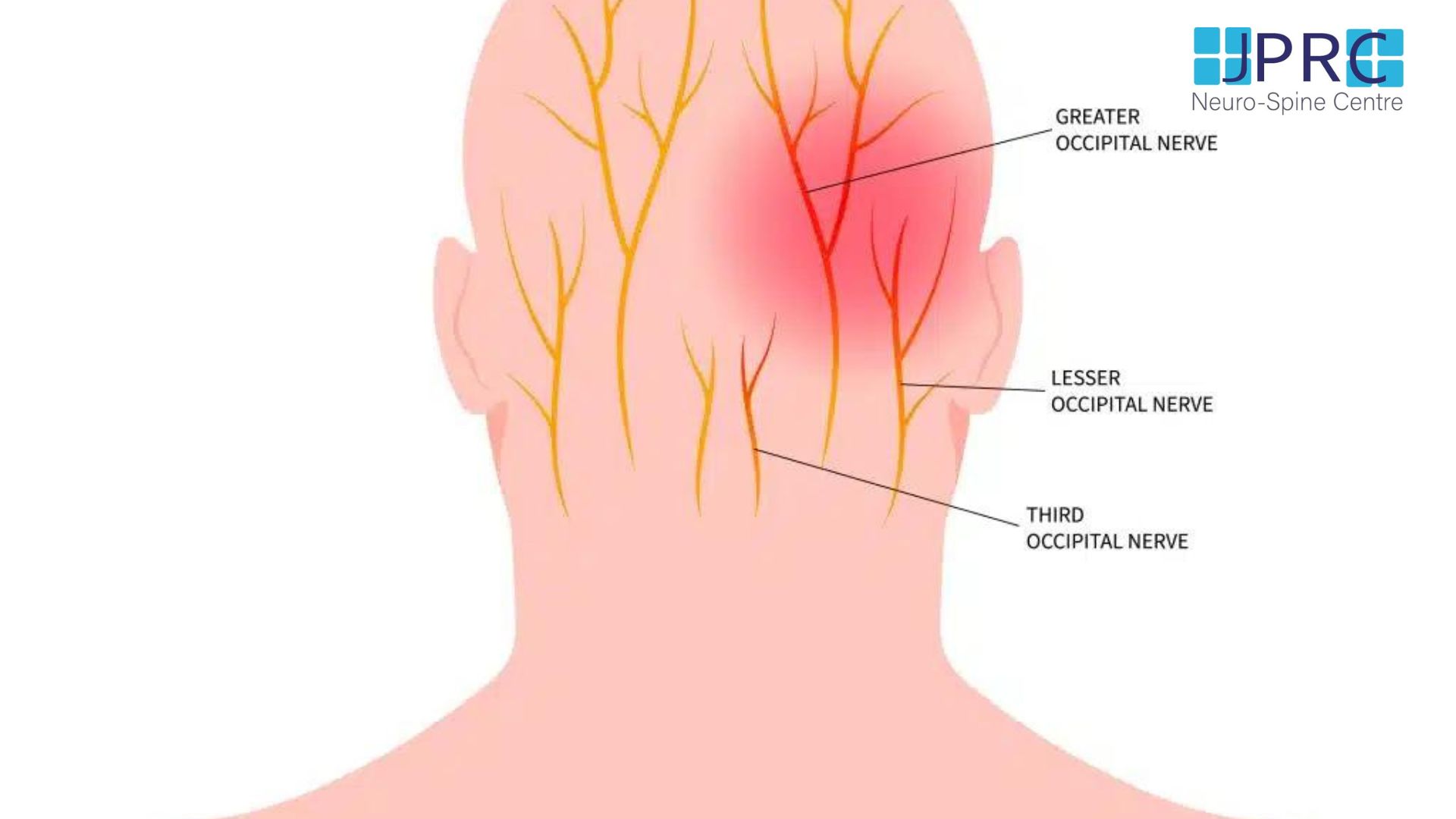
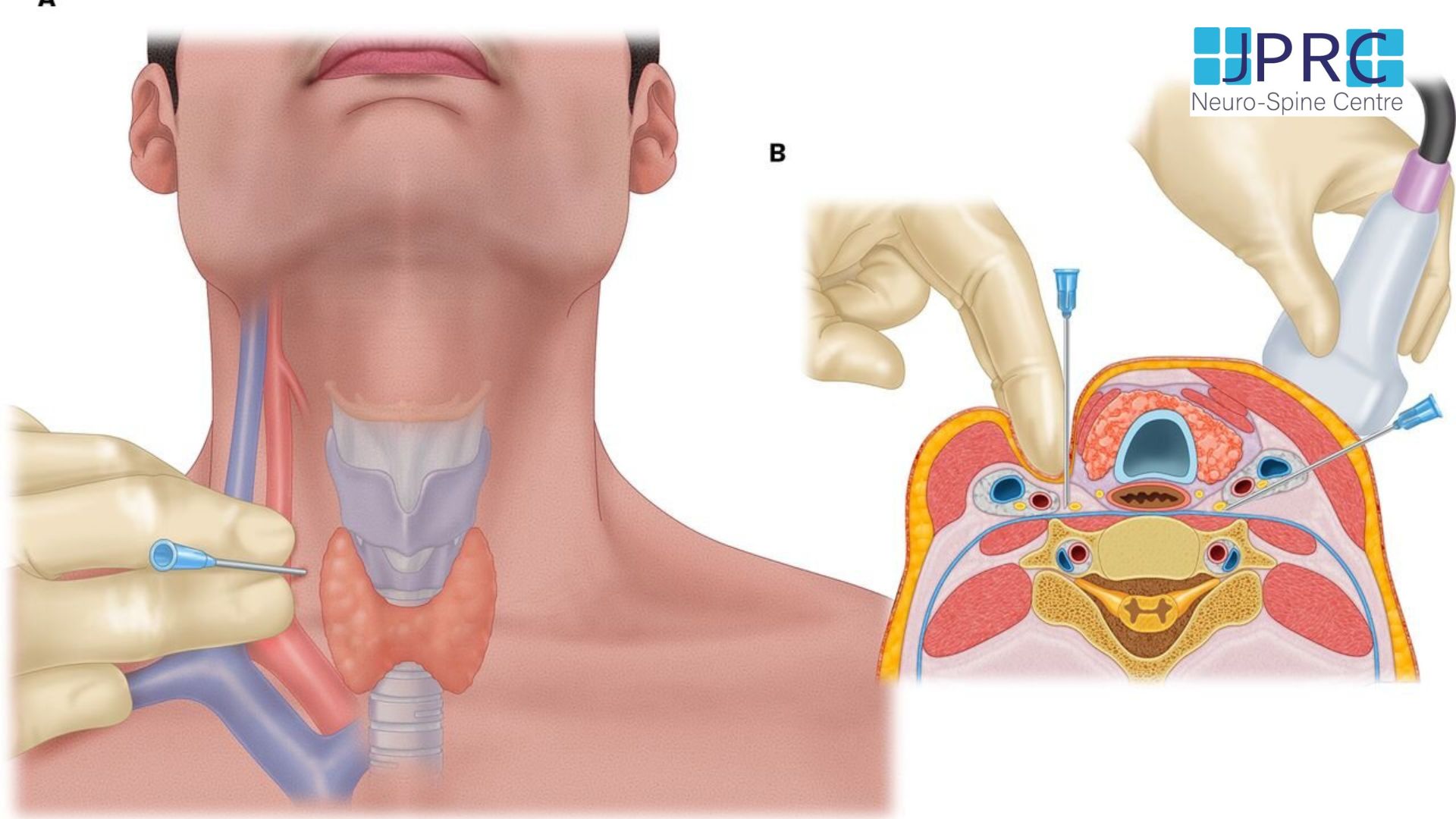


7.jpg)
2.jpg)

8.jpg)

9.jpg)
3.jpg)

10.jpg)

11.jpg)


12.jpg)
4.jpg)


























